Are you curious about the history of industry and innovation? These are the top industrial heritage museums in Norway:
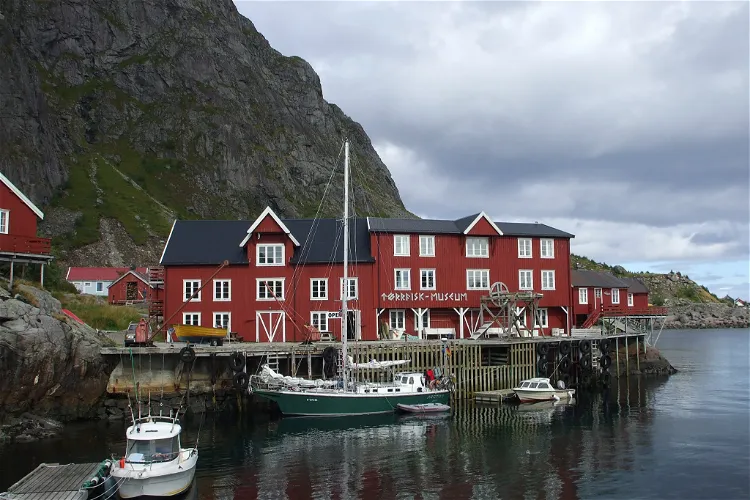
Lofoten Stockfish Museum
ÅThe Lofoten Stockfish Museum is situated in the picturesque village of Å, within the municipality of Moskenes. This location is part of the stunning Lofoten islands, in the county of Nordland, Norway. The museum provides an opportunity to delve into the rich history and culture of this region.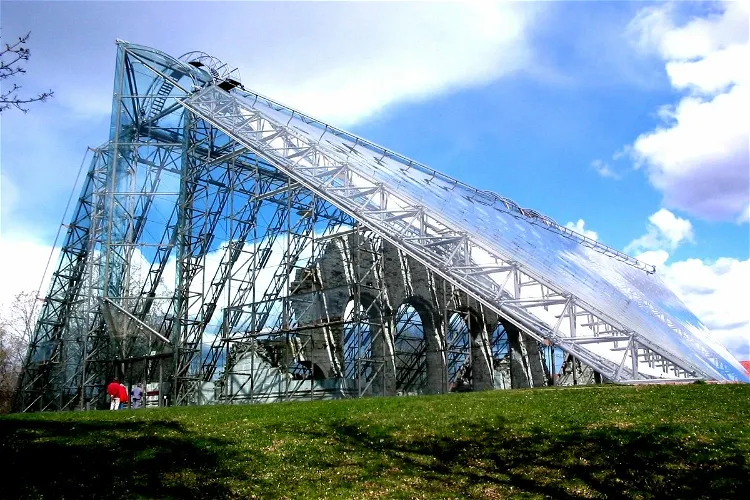
Hedmark Museum
HamarThe Anno Museum, located in the former county of Hedmark in southeastern Norway, is a regional group of cultural and natural history museums. Spread across 23 different locations, the museum offers a diverse range of exhibits and collections that reflect the rich history and natural beauty of the region.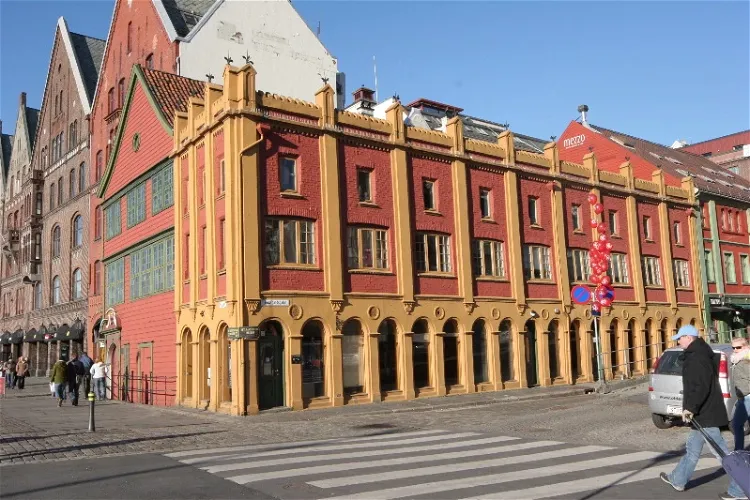
Hanseatic Museum and Schøtstuene
BergenThe Hanseatic Museum and Schøtstuene, located on Bryggen in Bergen, Norway, offers a unique insight into the life of Bergen drivers of the German Hanse. This museum is a great place to learn about the history and culture of the region, and to understand the significant role that the German Hanse played in shaping the city's past.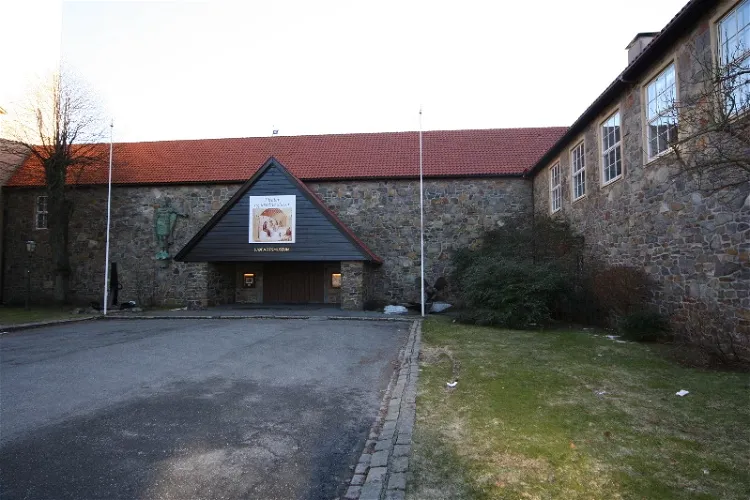
Bergen Maritime Museum
BergenThe museum focuses on the history of shipbuilding and seafare in Norway from the Viking period until today.
The Norwegian Petroleum Museum
StavangerThe Norwegian Petroleum Museum, situated in the city of Stavanger, was inaugurated in the year 1999. The museum spans an area of about 5,000 square meters, providing ample space for its exhibits and installations.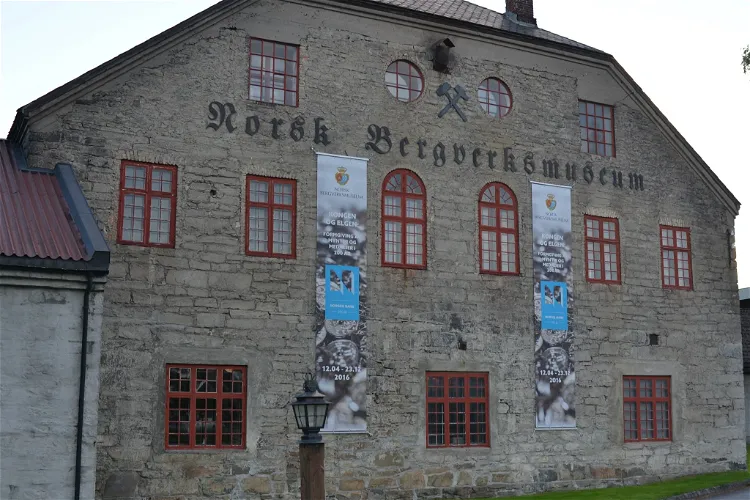
Norwegian Mining Museum
KongsbergThe Norwegian Mining Museum, also known as Norsk Bergverksmuseum, is the national museum dedicated to mining in Norway. It is situated in the former Smeltehytte, a building dating back to 1844, located at Hyttegata 3 in Kongsberg. This museum provides a comprehensive insight into the history and significance of mining in the country.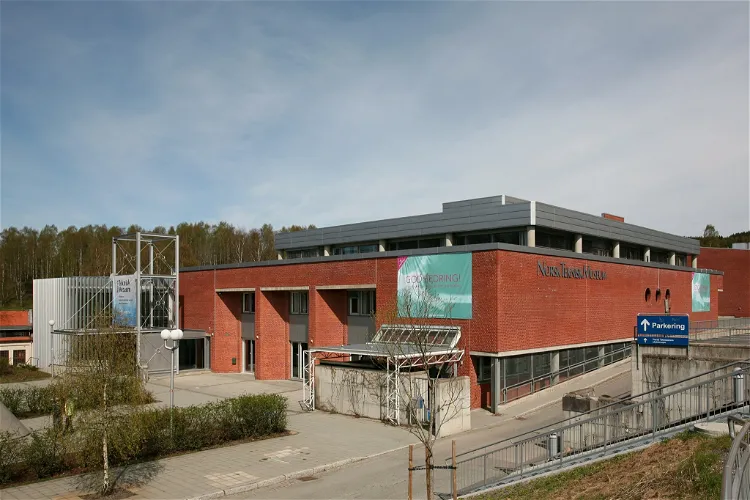
Norwegian Museum of Science and Technology
OsloThe Norwegian Museum of Science and Technology, located in Oslo, serves as the national museum for industry, science, technology, and medicine. It provides a comprehensive insight into the country's industrial history and advancements in various scientific fields.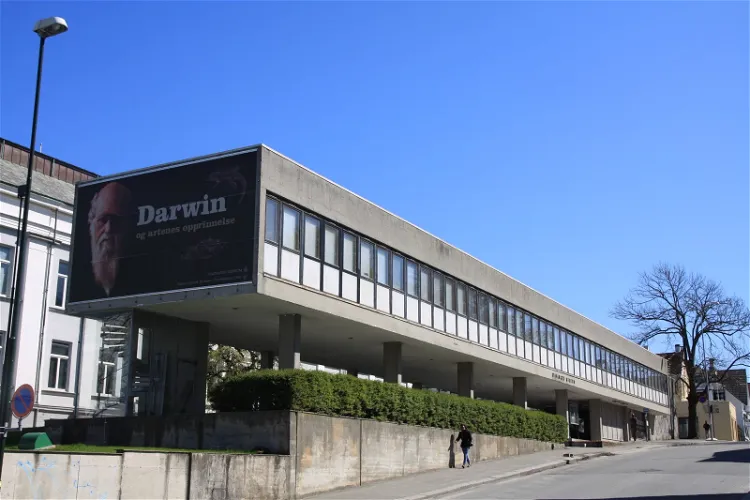
Stavanger Museum
StavangerStavanger Museum, established in 1877, is a museum of natural and cultural history located in the city of Stavanger, Norway. It offers a rich collection of exhibits that reflect the natural and cultural history of the region.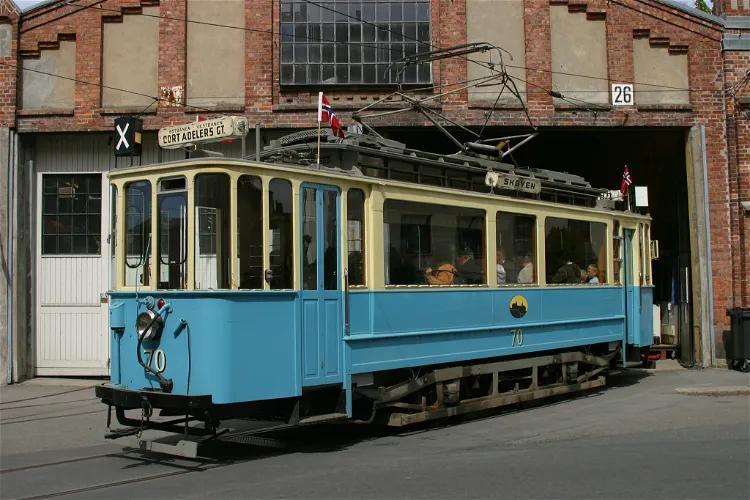
Oslo Tramway Museum
OsloSporveismuseet Vognhall 5, also known as the Oslo Tramway Museum, is a transport museum situated in the Majorstuen area of Oslo. The museum exhibits a collection of preserved metro trains, trams, buses, and trolleybuses that have served the city over the years. This provides a unique opportunity for visitors to explore the city's public transportation history.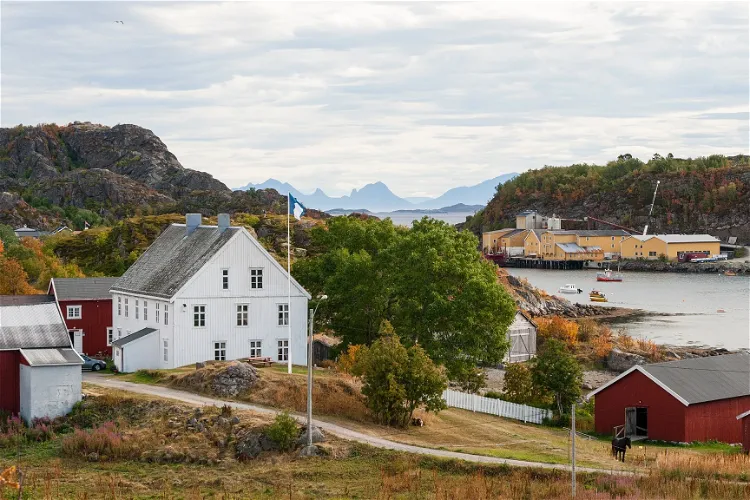
Lofoten Museum
KabelvågThe Lofoten Museum, also known as Lofotmuseet, is situated in the town of Kabelvåg, within the Vågan municipality. This location is easily accessible and offers a unique cultural experience in the heart of Lofoten.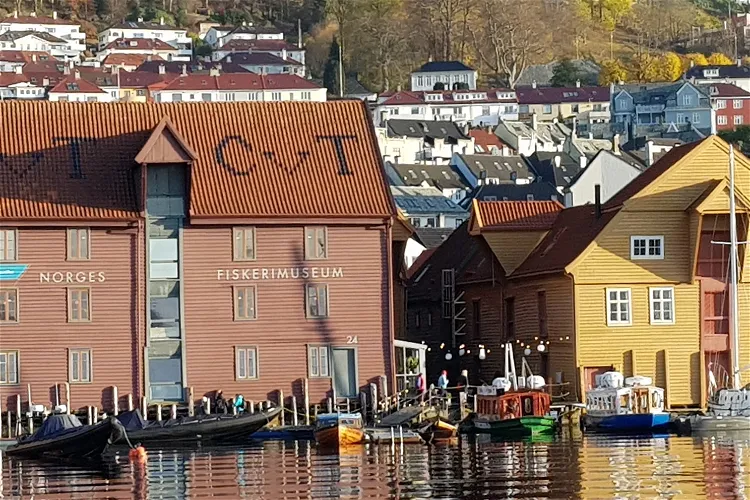
Norwegian Fisheries Museum
BergenThe Norges Fiskerimuseum (Norwegian Fisheries Museum) in Bergen is dedicated to the history of Norwegian fishing and fish processing industry. The museum showcases various aspects of the industry, including fishing nets, boats, and fishing gear. It provides a comprehensive insight into the evolution of the industry, from traditional fishing methods to modern fish farming.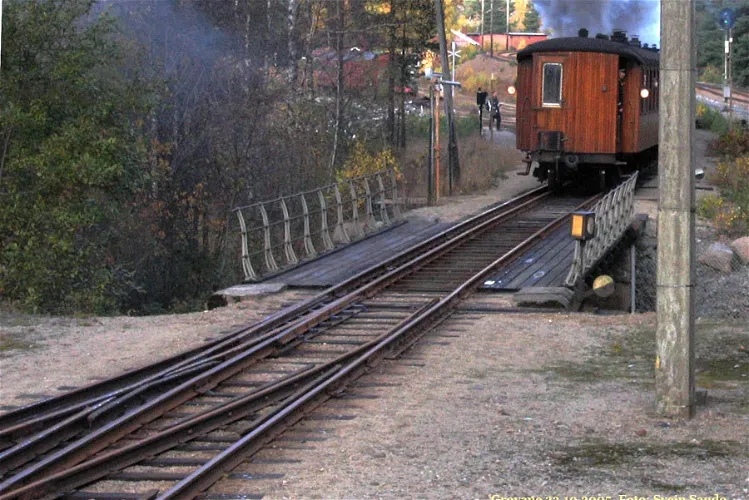
Setesdal Line
VenneslaIn 1938, the section of the Setesdalsbanen between Kristiansand and Grovane was converted to standard gauge to be incorporated into the Sørlandsbanen. The remaining part of the line was decommissioned in 1962. However, an 8 km stretch of the line has been preserved and is currently functioning as a heritage railway.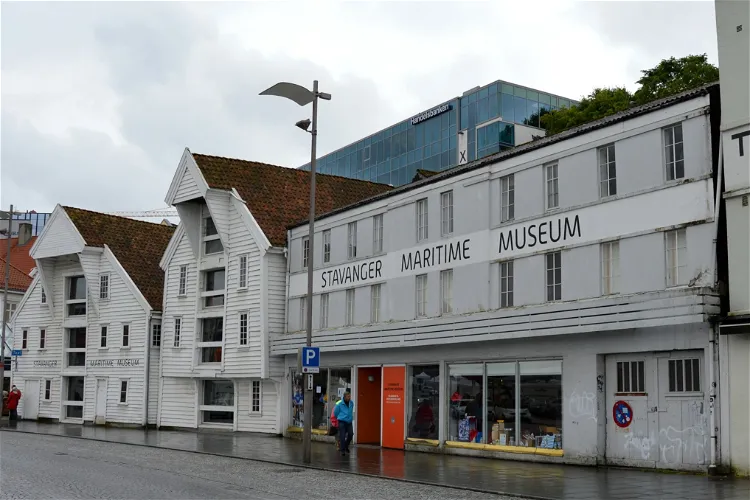
Stavanger Maritime Museum
StavangerThe Stavanger Maritime Museum is situated in the Norwegian city of Stavanger, specifically at Strandkaien 22 on the west side of the Vågen harbor. This location offers visitors a unique opportunity to explore the maritime history of the region while enjoying the scenic harbor views.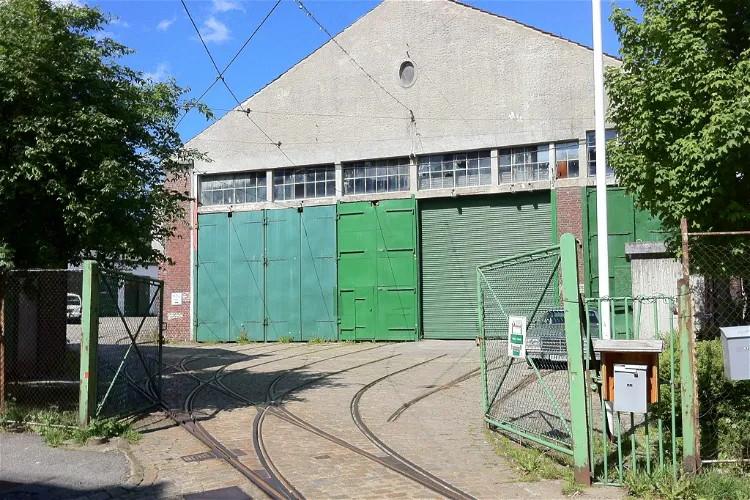
Bergen Technical Museum
BergenThe Bergen Technical Museum is a technical museum situated in the preserved old tram depot, Trikkestallen, at Thormhøhlensgate 23 in Møhlenpris, Bergen. This location is steeped in history and provides a unique setting for the museum.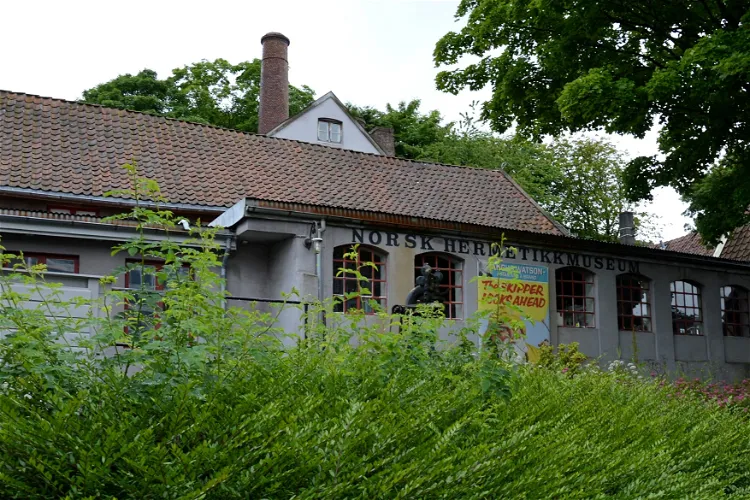
The Norwegian Canning Museum
StavangerThe Norwegian Canning Museum, known as Norsk Hermetikkmuseum in Norwegian, is situated in the city of Stavanger. The museum provides a detailed insight into the history of the Norwegian canned goods industry from 1880 to 1925. It offers a unique opportunity to learn about the evolution of the industry and the role it played in the country's economic development during that period.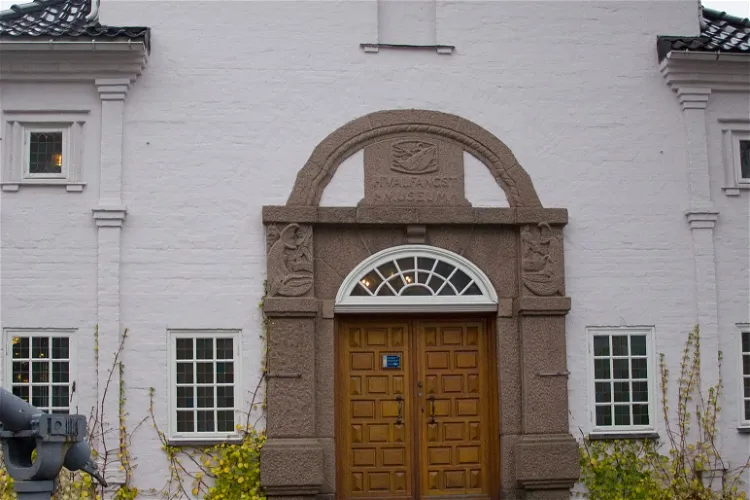
Sandefjord Museum
SandefjordSandefjordmuseene, also known as Hvalfangstmuseet, is a unique museum located in Sandefjord, Norway. It is the only museum in Europe that is dedicated to the whaling industry. This specialization makes it a unique destination for those interested in learning about whales and the history of whaling.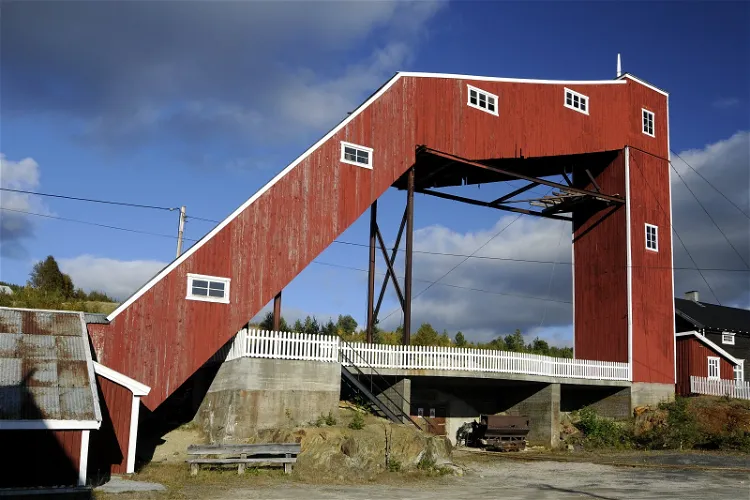
Folldal Mines
FolldalThe Folldal Mines Foundation, established by the Folldal municipality in 1988, is tasked with preserving the facilities, buildings, and equipment from the mining operation. This preservation effort has resulted in about 70 buildings associated with the old mining environment being maintained. These buildings provide a glimpse into the past and the mining operations that once took place here.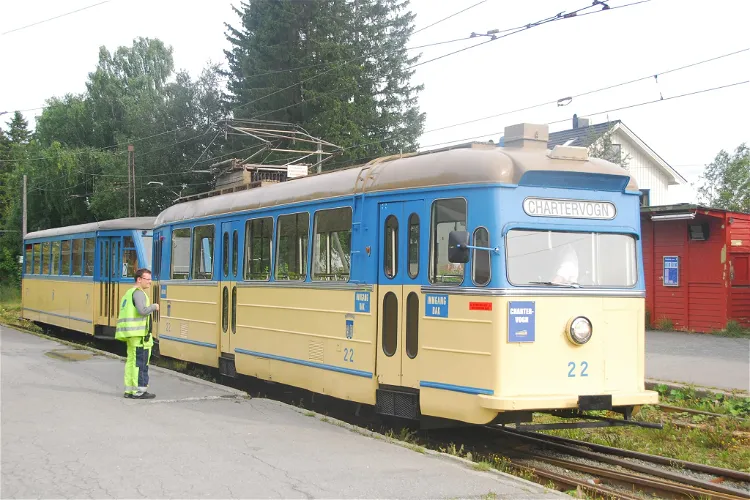
Trondheim Tramway Museum
TrondheimThe Trondheim Tramway Museum, also known as Sporveismuseet i Trondheim, is located in Trondheim, Norway. The museum is dedicated to preserving and documenting the history of the Trondheim tram and the Gråkallbane. It provides a comprehensive overview of the development and evolution of tramway transportation in the region.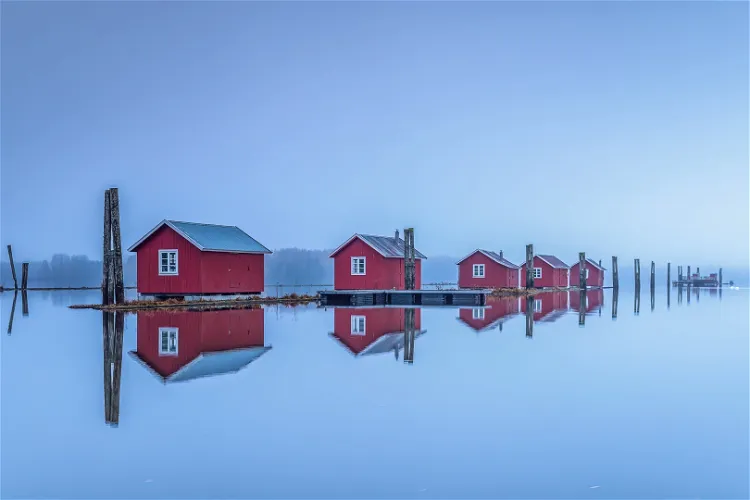
Fetsund Booms
FetsundThe Fetsund Booms, located in Fetsund in Viken county, serve as a Norwegian national cultural heritage monument, a log driving museum, and a wetland center. They are situated at the outlet of the Glomma River into Lake Øyeren, offering a unique blend of cultural and natural attractions.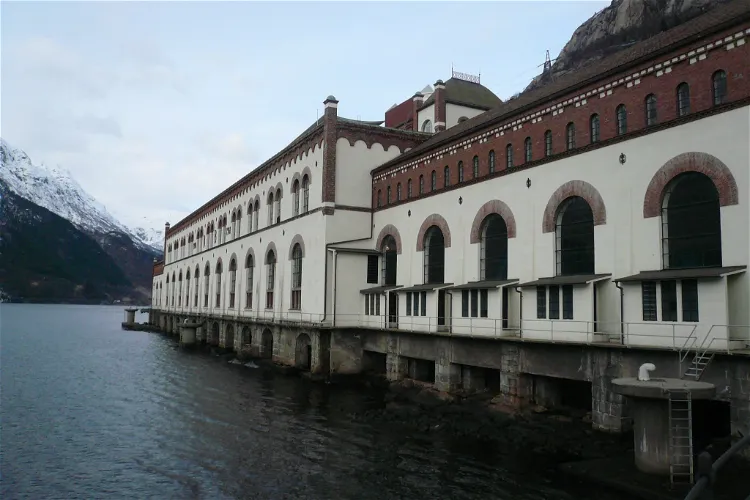
Kraftmuseet
TyssedalThe Norwegian Museum of Hydropower and Industry, located in the village of Tyssedal in Odda, Vestland county, Norway, is a cultural history museum. It is dedicated to the industrial history of Odda and Tyssedal, and more broadly to history related to rivers and water, hydropower production, electricity, power intensive industry and its society.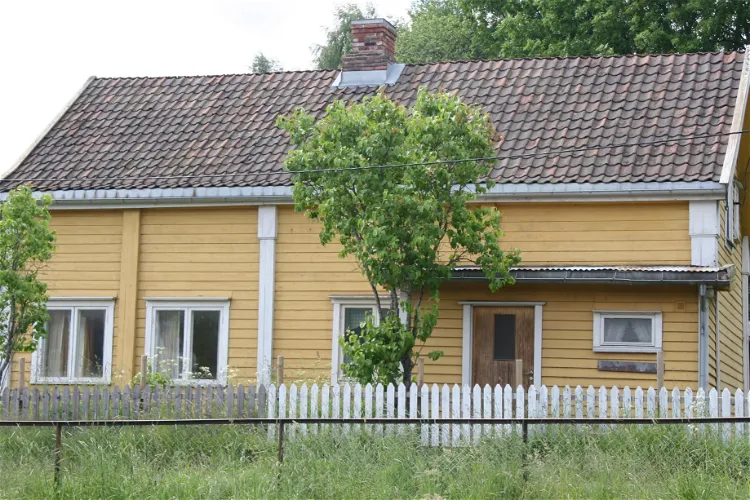
Mjøssamlingene
LangsetMjøssamlingene, also known as Mjøsa's maritime museum, is situated under the western end of the Minnesund railway bridge in Eidsvoll. This location is not only historically significant but also offers a unique perspective on the region's maritime history.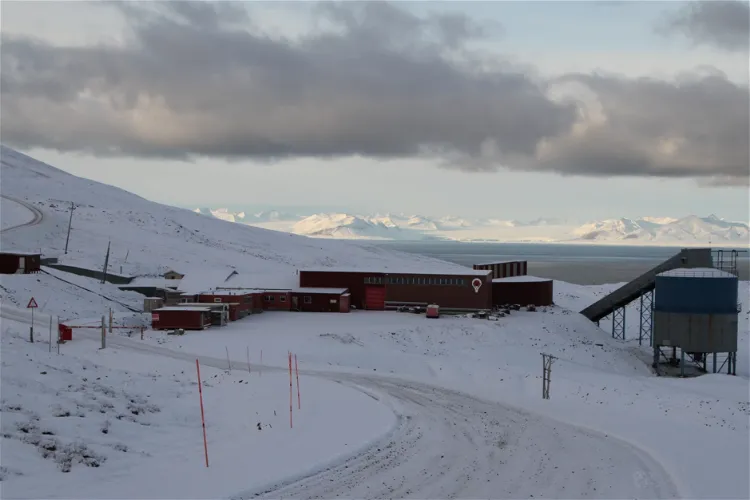
Mine no 3
Longyearbyen (Svalbard)Longyearbyen, owes its existence to John Munro Longyear, an American who journeyed to Svalbard in the early 1900s and subsequently established Gruve 1 (Mine 1). Visitors can experience a piece of Longyearbyen's coal mining history with a guided tour of Gruve 3 (Mine 3). At Gruve 3, guests can expl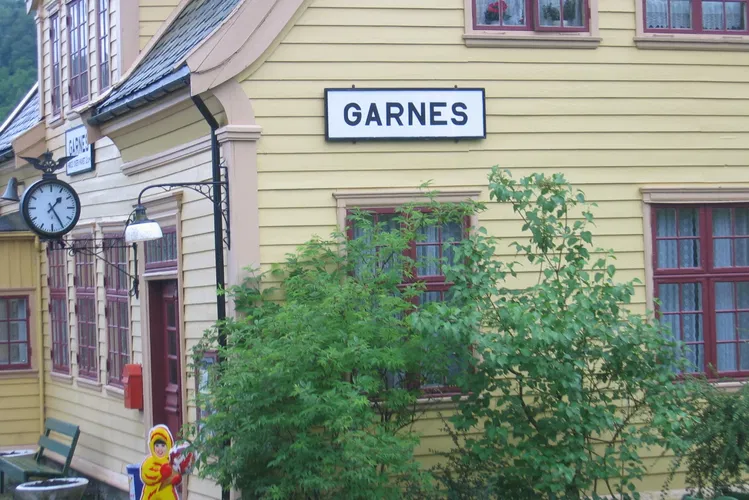
Old Voss Line
BergenThe Gamle Vossebane is a museum railway situated near Bergen in Norway. This railway line runs from Midtun, passes through Arna, and ends at Garnes. It offers a unique opportunity to experience a piece of Norwegian railway history.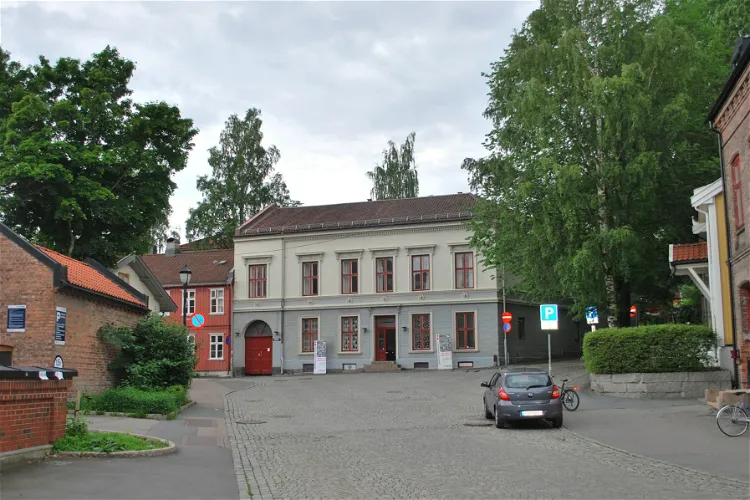
Labour Museum
OsloThe Labour Museum, also known as Arbeidermuseet, is situated in Sagveien 28, Sagene, Oslo. It is a part of the Oslo Museum, which is a collection of museums that showcase the history and culture of the city. The Labour Museum is centrally located in an area that was crucial to the industrialization of Norway in the 1840s.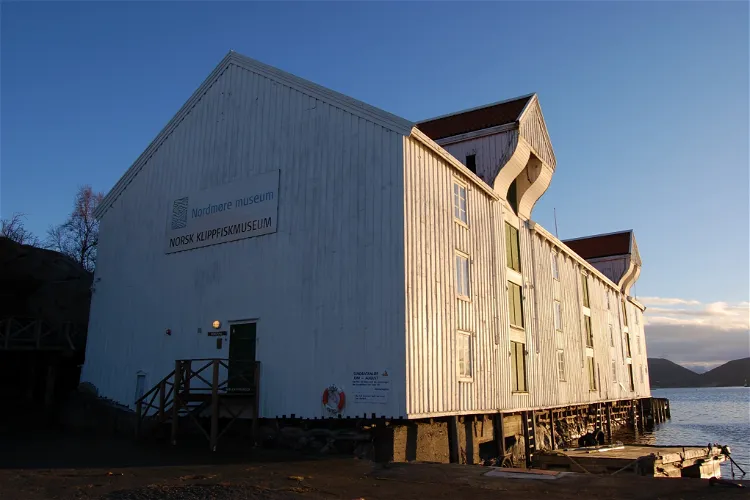
Clipfish Museum
KristiansundThe Norsk klippfiskmuseum, or Norwegian Clipfish Museum, is situated in the city of Kristiansund. It is a part of the Nordmøre Museum, a regional museum for the Nordmøre district. The museum is dedicated to the history and production of clipfish in Norway, a significant part of the country's cultural and economic history.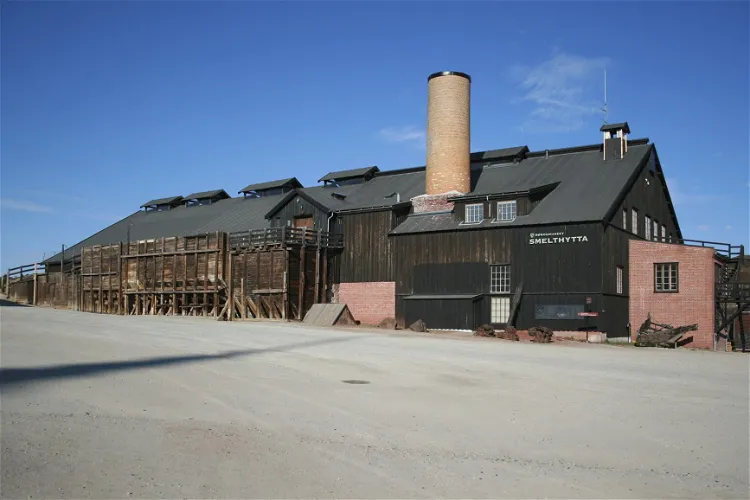
Rørosmuseet
RørosRørosmuseet offers three visitor sites that are open to the public. These include Smelthytta, Olavsgruva, and Sleggveien. Each site provides a unique insight into the area's rich cultural and historical heritage.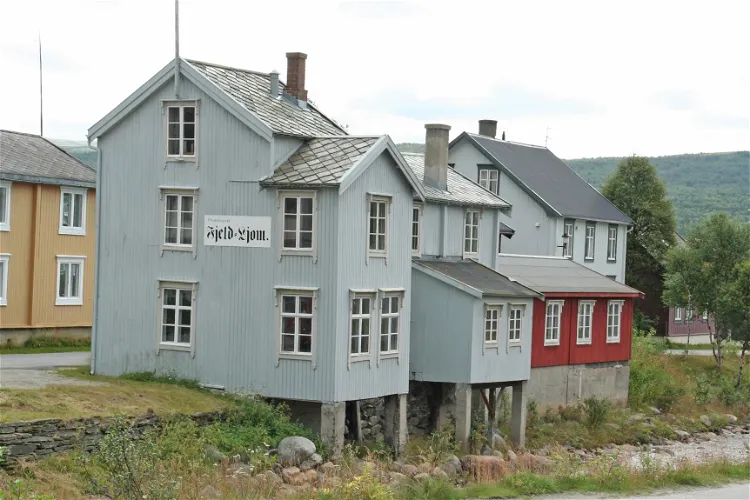
Pressemuseet Fjeld-Ljom
RørosPressemuseet Fjeld-Ljom is a museum situated in Røros, Trøndelag. It is housed in the former editorial offices and printing house of the Fjell-Ljom newspaper, which was produced here for 88 years starting from 1891. This historical setting provides a unique insight into the newspaper production of the past.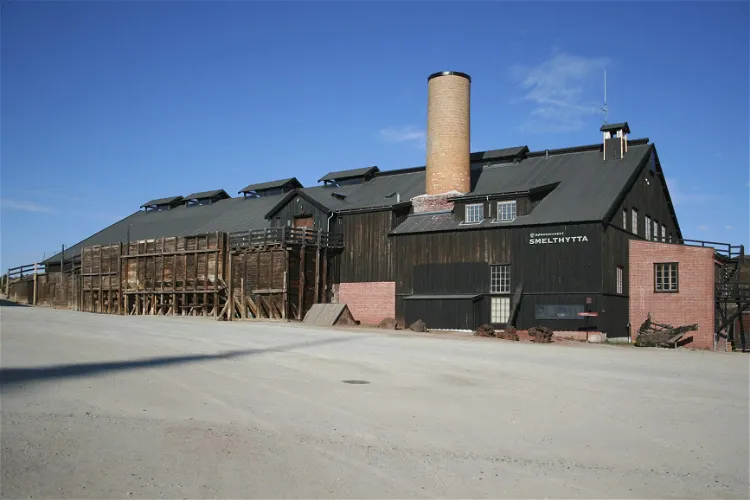
Røros Museum Smeltery
RørosThe Rørosmuseet holds a special responsibility for several significant aspects of the region. This includes the World Heritage site Røros, the South Sami cultural history, the mining history, and the preservation of buildings. Visitors can explore these diverse facets of the region's history and culture during their visit.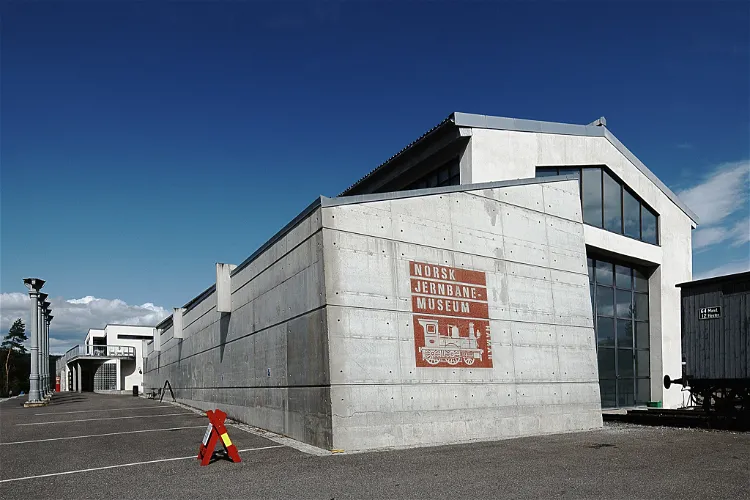
Norwegian Railway Museum
HamarThe Norwegian Railway Museum, known as Norsk Jernbanemuseum in Norwegian, is the national railway museum of Norway. It is dedicated to documenting the history of railway construction and operation in the country. The museum provides a comprehensive overview of the development of the railway system in Norway, making it a fascinating destination for those interested in history and transportation.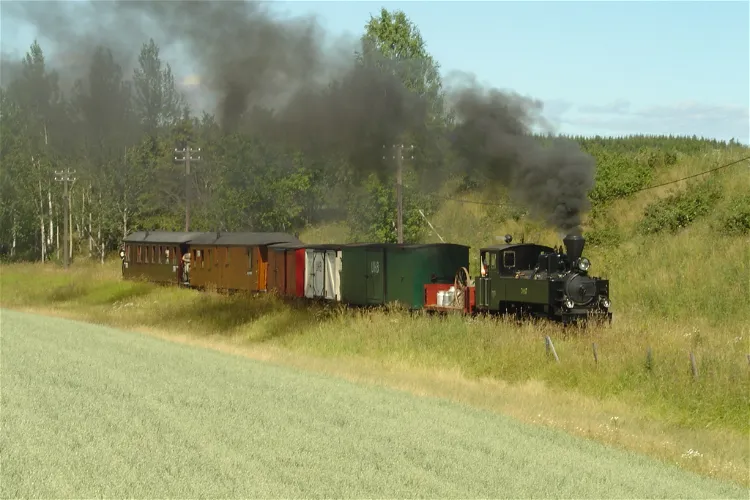
Urskog–Høland Line
SørumsandThe Urskog–Høland Line, affectionately known as Tertitten, is a narrow gauge railway located between Sørumsand and Skulerud in Norway. This railway line is a significant part of Norway's history and offers a unique experience for visitors. The original line was 57 kilometers long and was built in three stages, with the first stage opening in 1896. Today, a part of this line is preserved as a museum at Sørumsand in Lillestrøm kommune.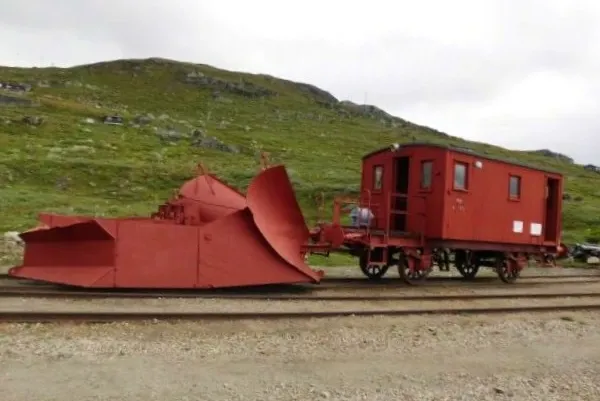
Rallarmuseum
FinseThe Rallarmuseet, located in Finse, Ulvik municipality, Norway, is a railway museum that provides a detailed history of the construction of the Bergen Line. This museum offers a unique opportunity for visitors to delve into the past and understand the intricacies involved in the construction of one of Norway's most significant railway lines.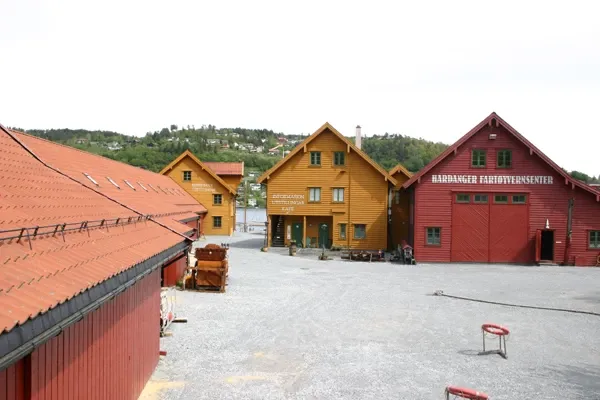
Hardanger Fartøyvernsenter
NorheimsundHardanger Fartøyvernsenter, located in Norheimsund, is a foundation dedicated to the preservation and restoration of vessels. They specialize in the conservation, new construction, and restoration of clinker-built small boats. This center is a unique place where visitors can witness the preservation of maritime heritage and the craftsmanship involved in boat building.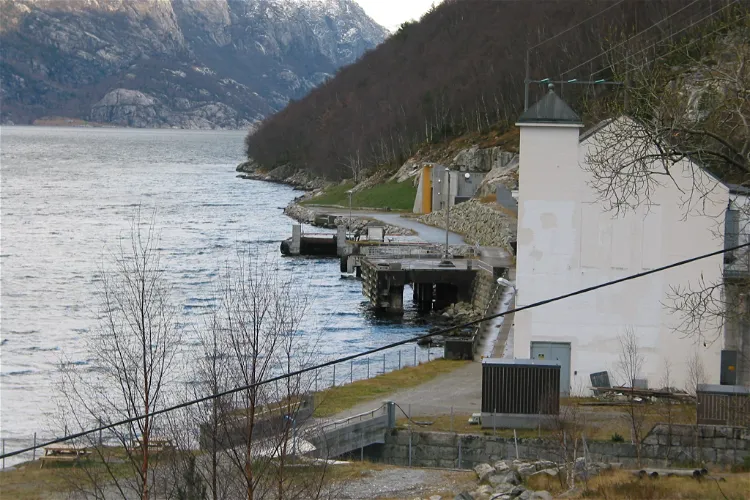
Flørli krafstasjon
FlørliThe Flørli Power Station is a hydroelectric power station situated on the shores of Lysefjord in the municipality of Sandnes in Rogaland, Norway. This location offers a unique blend of natural beauty and industrial history, making it an interesting destination for tourists.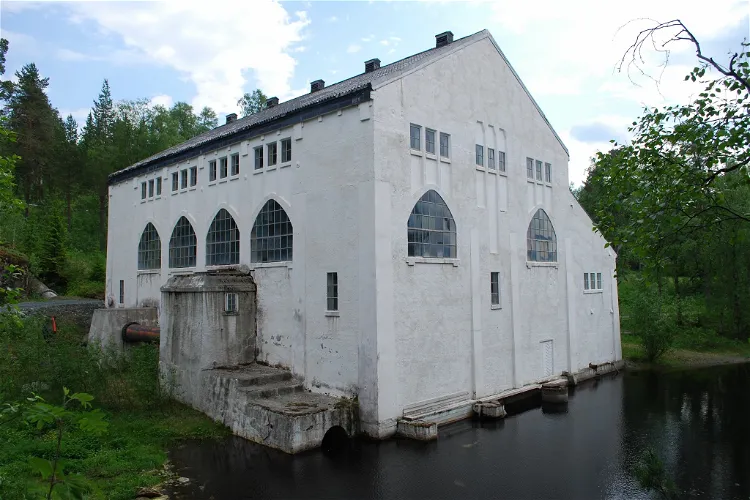
Meråker industrimuseum
KopperåThe Meraker smelting plant, later known as Elkem Meraker, was a significant industrial site located in Kopperå, in the Meråker municipality of Trøndelag. Founded in 1898 by industrialist Ole Haugan, the plant was initially named Meraker Brug og Carbidfabrik and specialized in the production of carbide.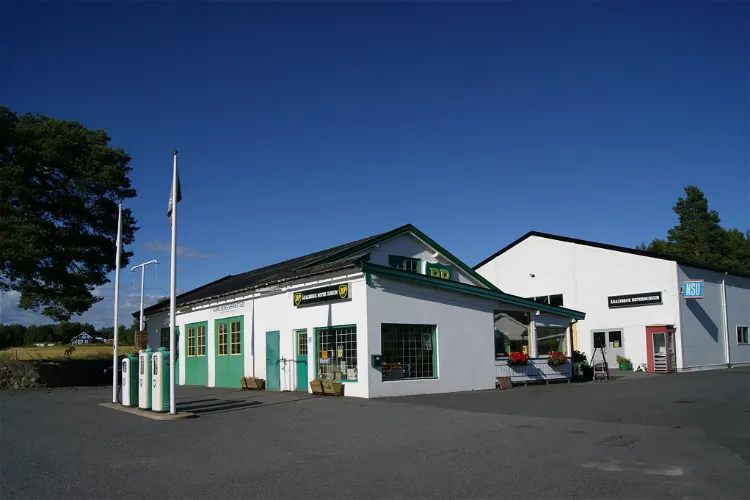
Ådalsbruk motormuseum
ÅdalsbrukThe Ådalsbruk Motormuseum is a privately owned institution located in Ådalsbruk, Løten, Norway. It was established in the year 2013 and has since been a place of interest for those who appreciate vintage vehicles and the history of motor engineering.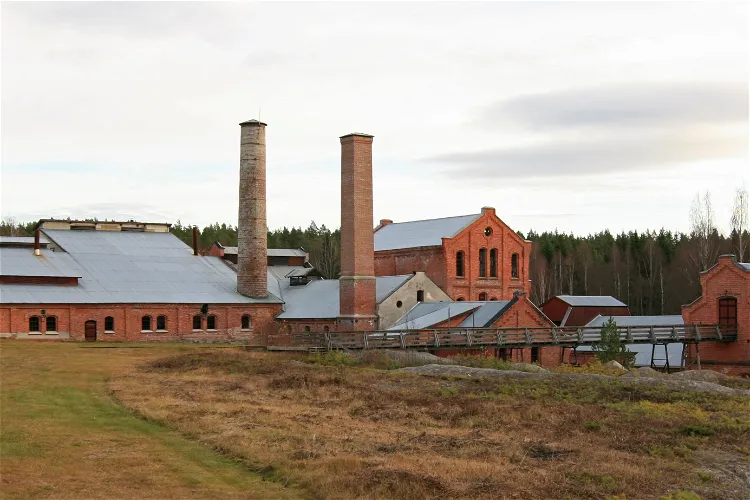
Klevfos Industrimuseum
ÅdalsbrukKlevfos Industrimuseum, situated in Ådalsbruk in Løten, offers a unique glimpse into the industrial history of the time when wood processing was one of the largest export industries. This museum provides an opportunity to understand the significance of this industry in the past and its impact on the local community.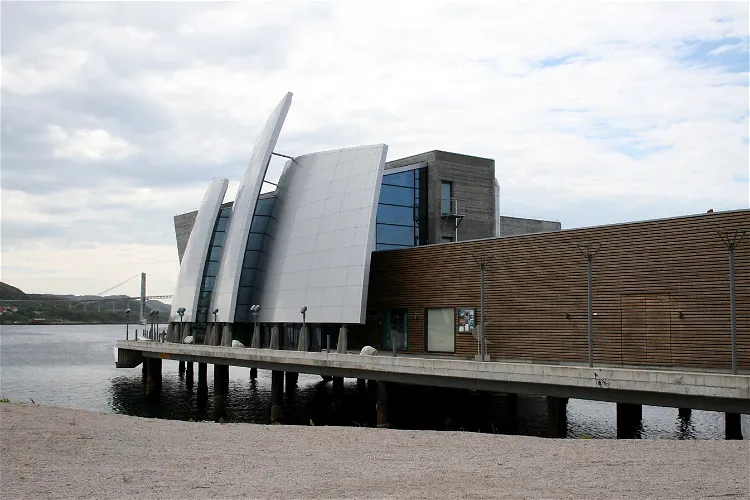
Kystkultursenteret Norveg
RørvikThe Norveg Coastal Culture and Industry Center, located on the island of Vikna in Norway, is a significant part of the Nord-Trøndelag Coastal Museum. This center offers a unique insight into the coastal culture and industry of the region, making it a fascinating destination for tourists interested in history and culture.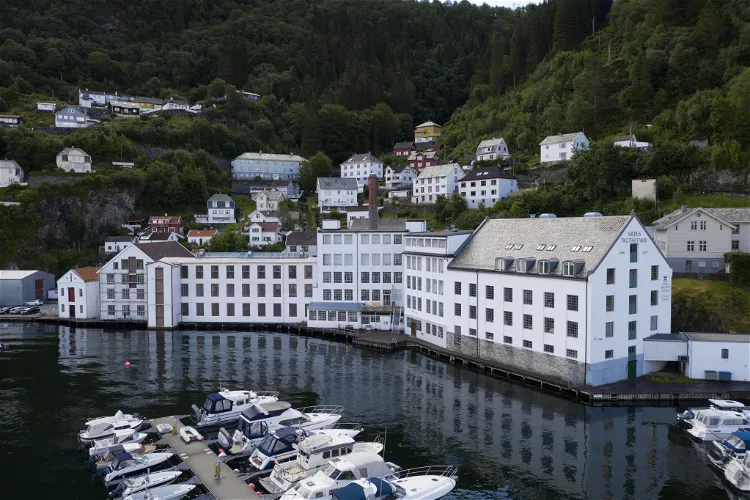
The Textile Industry Museum
BergenThe Textile Industry Museum, situated in Salhus, Bergen, Norway, is housed within the former Salhus Tricotagefabrik knitwear factory. This factory is recognized as a national industrial heritage site. The museum provides a unique opportunity to explore the history and significance of the Norwegian knitwear and textile industry, right where it all happened.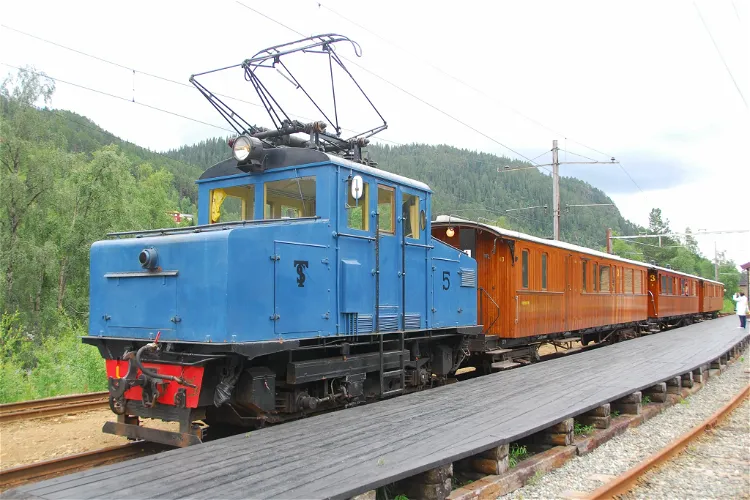
Orkla industrimuseum
Løkken VerkLocated at Løkken Verk, Orkla Industrimuseum operates Thamshavnbanen, Norway's first electric railway, and Gammelgruva. These attractions provide a unique insight into the country's industrial history and are a highlight for many visitors.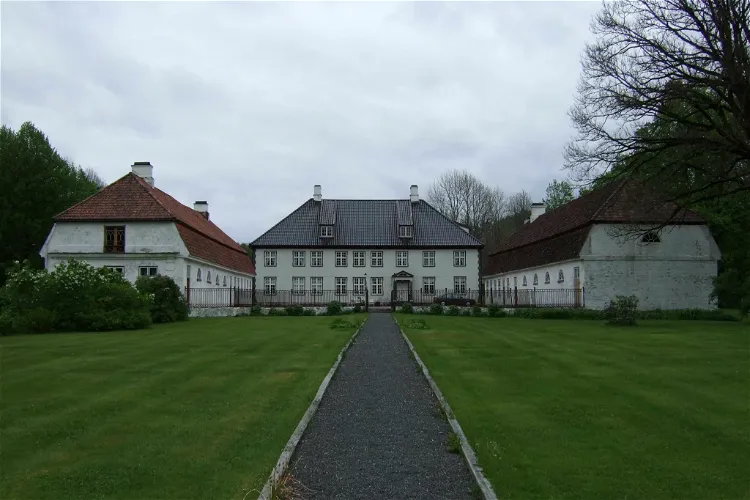
Næs Ironworks Museum
TvedestrandNæs Ironworks, located in Holt, Tvedestrand municipality, was a blast furnace company that operated from 1665 to 1959. It began under the name Baaseland Værk and consisted of a blast furnace, an iron foundry, and a forge located a kilometer away. In 1738, the factories were merged at Næs and the company was renamed Næs Ironworks.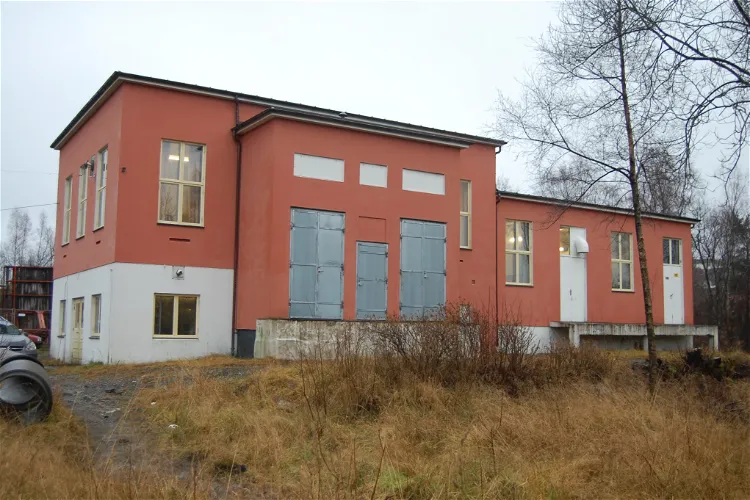
Bergen Broadcast
ErdalBergen kringkaster, situated at Frudalsmyrene, Grensedalen, Erdal in Askøy municipality, served as the Norwegian Broadcasting Corporation's AM broadcasting station for Bergen. This well-preserved broadcasting facility from the 1930s documents the technical development within telecommunications, both in a Norwegian and international context.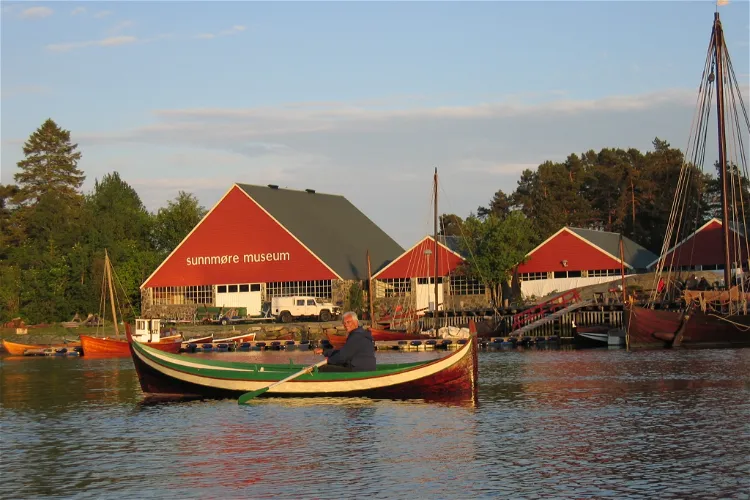
Sunnmøre Museum
ÅlesundThe Sunnmøre Museum, situated in Borgundgavlen in Ålesund on Sunnmøre, is a folk museum that houses an extensive collection of historical houses and boats. This collection provides a unique insight into the region's past, offering visitors a chance to explore the architectural and maritime history of Sunnmøre.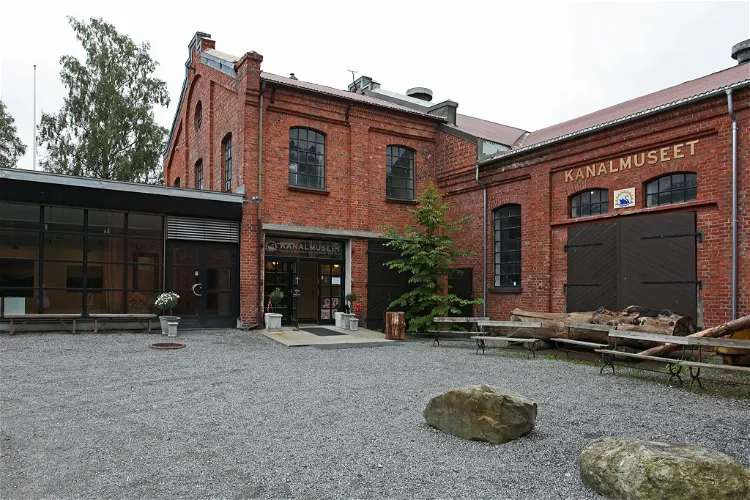
Haldenvassdragets Kanalmuseum
ØrjeHaldenvassdragets Kanalmuseum is a museum that provides insights into the cultural and natural history associated with the Halden watercourse. It is situated in Ørje, a part of the Marker municipality in Østfold county. This location is rich in both cultural and natural heritage, making it an interesting destination for tourists interested in history and nature.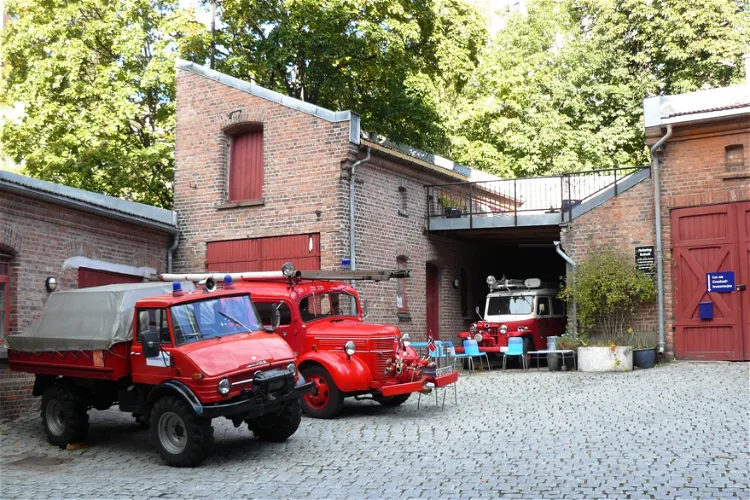
The Fire Museum
OsloThe Fire Museum in Oslo is open to the public every Wednesday from 11 am to 2 pm. This provides an opportunity for visitors to explore the museum's collection of vintage fire engines and equipment, and learn about the history of firefighting in Oslo.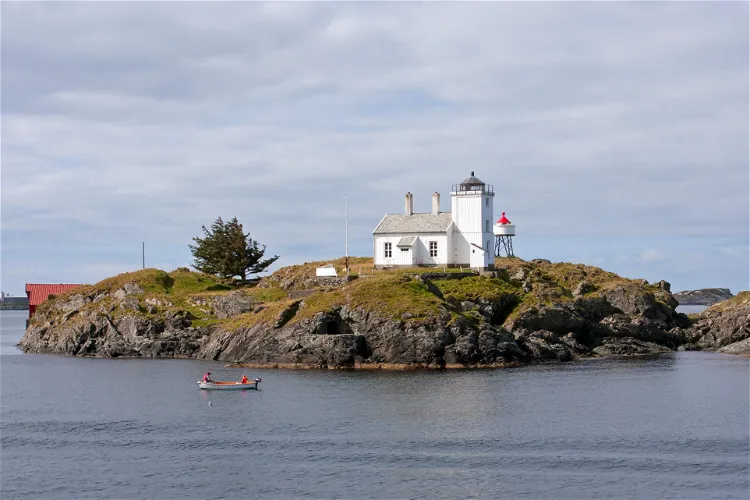
Sørhaugøy fyr
HaugesundThe Sørhaugøy fyr is a coastal lighthouse situated on the small island of Sørhaugøy, which is part of the Vibrandsøy archipelago. This archipelago is located off the municipality of Haugesund, in Rogaland County, Norway. The lighthouse is managed by the Norwegian Coastal Administration, known as Kystverket in Norwegian.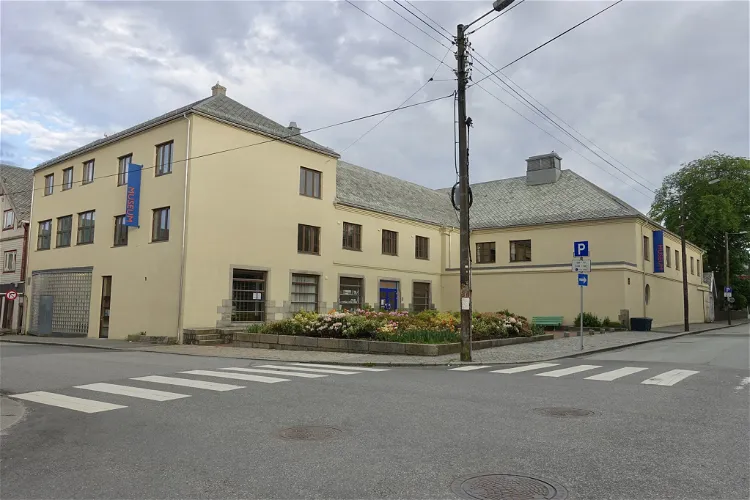
Karmsund Civic Museum
HaugesundThe Karmsund Civic Museum, located in Haugesund, provides a comprehensive overview of the recent cultural history of Nord-Rogaland. This museum is an excellent place for tourists interested in understanding the local culture and history of the region.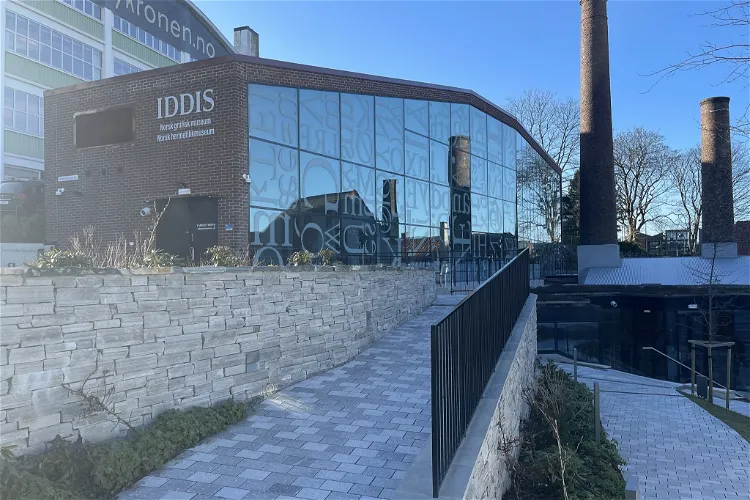
IDDIS Norwegian Graphic Museum
StavangerThe Norwegian Graphic Museum, located in Stavanger, was established in 1991. This museum is a testament to the city's rich history in the graphic industry. It provides a unique opportunity for visitors to delve into the past and understand the evolution of the graphic industry in Norway.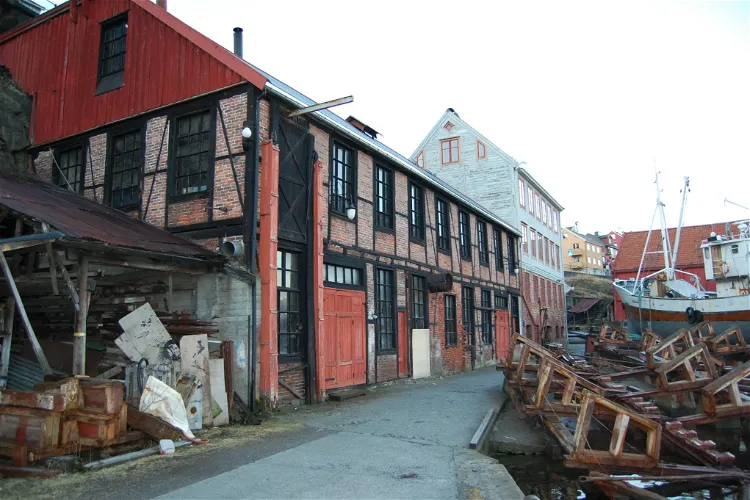
Mellemværftet
KristiansundMellemværftet is a historical shipyard located in the municipality of Kristiansund, in the Møre og Romsdal region of Norway. This shipyard, which dates back to the era of sailing ships, is an industrial cultural monument. It is currently owned and operated by the Nordmøre Museum, making it a significant part of the region's cultural heritage.- 49
Åmdals Verk Gruver
Åmdals verkÅmdals Verk Gruver is a museum dedicated to labor culture and mining, situated in the scenic region of West Telemark. It is located in the town of Åmdals Verk, in the municipality of Tokke, and is conveniently positioned along the road between Vrådal and Dalen. The museum is a part of the larger West Telemark Museum network, making it a significant cultural and historical site in the region. 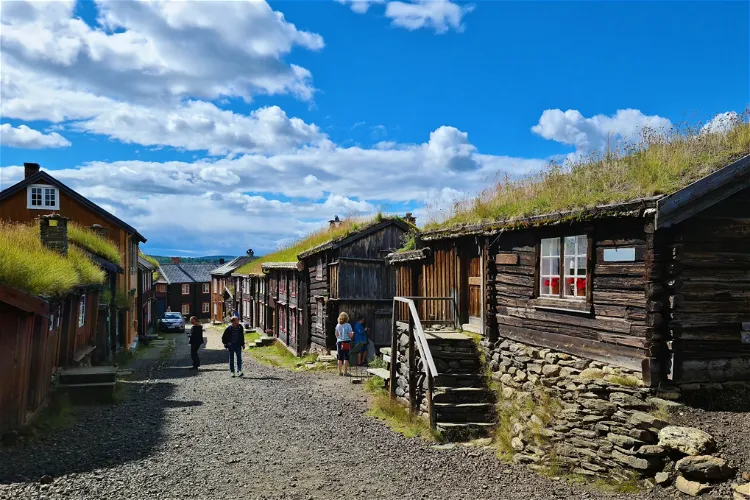
Sleggveien
RørosSleggveien is a historic street nestled in the mining town of Røros. It is strategically located between Hitterelva and Slegghaugan, offering a unique blend of natural beauty and historical significance. This location provides an opportunity for tourists to explore the rich history of the mining town while enjoying the picturesque surroundings.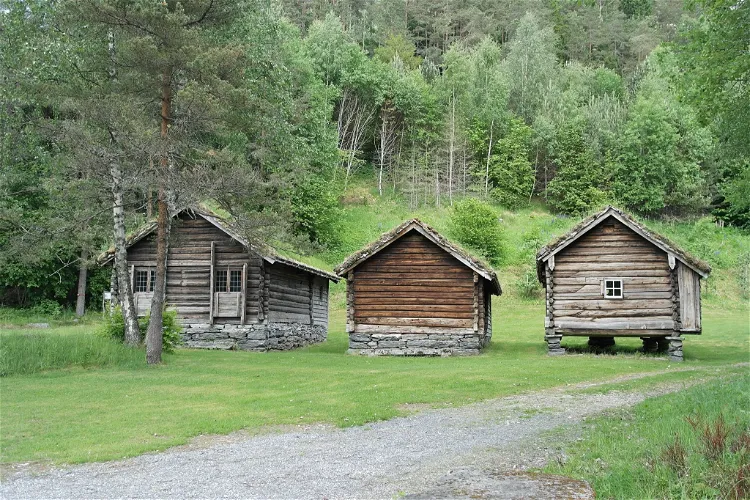
Nordfjord Folk Museum
SandaneThe Nordfjord Folk Museum, located in the Jølet area of Sandane in the municipality of Gloppen, is a regional museum for Nordfjord, Norway. It is a division of the Museums of Sogn og Fjordane, offering a deep dive into the region's history and culture.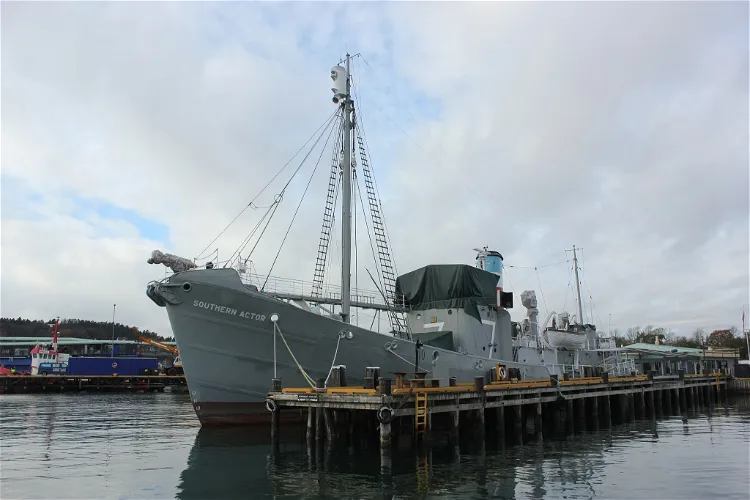
Southern Actor
SandefjordThe Southern Actor is a unique piece of maritime history, having been converted from a whaling ship into a museum ship. It is based in Sandefjord, Norway, and is part of the Hvalfangstmuseet, or Whaling Museum. Visitors can explore the ship and learn about its history and the broader history of whaling.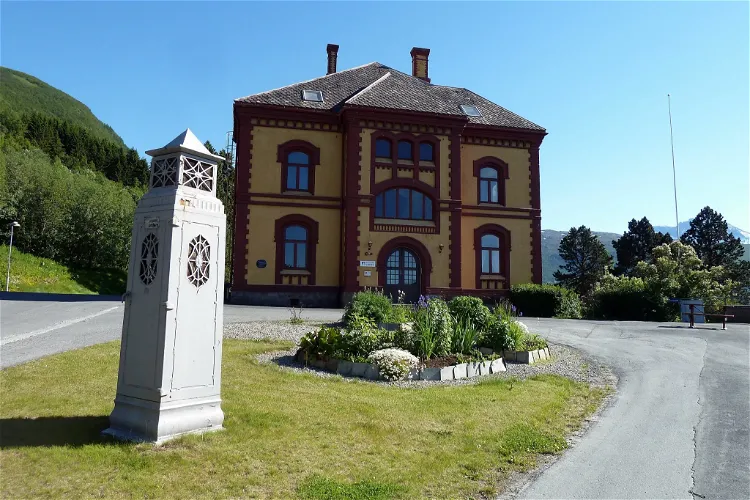
Museum Nord, Narvik
NarvikMuseum Nord, Narvik is a significant cultural institution located in the city of Narvik, in the Nordland region of Norway. It is recognized as an anchor point on the European Route of Industrial Heritage, a network that links important industrial heritage sites across Europe. This recognition underscores the museum's importance in preserving and showcasing the industrial history of the region.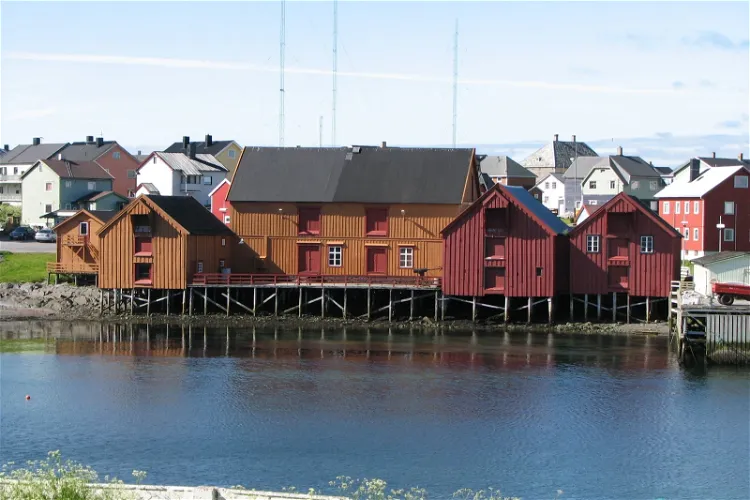
Pomor Museum
VardøThe Pomormuseet, located in Vardø, Finnmark, is a museum dedicated to the history of the Pomors from the White Sea area. It provides an in-depth look into the Pomor trade, which involved the exchange of Norwegian fish and Russian timber and rye flour. This trade was a significant part of the region's history from the 18th century until 1917.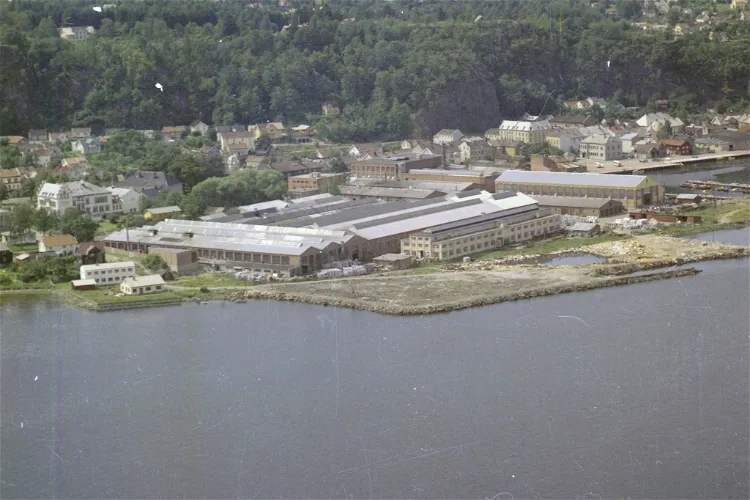
The Aluminium museum
HolmestrandThe Holmestrand Aluminium Museum is situated in the heart of Holmestrand in Vestfold og Telemark, Norway. The museum is housed in a former factory of Hydro Aluminium AS, providing a unique setting that reflects the industrial history of the area.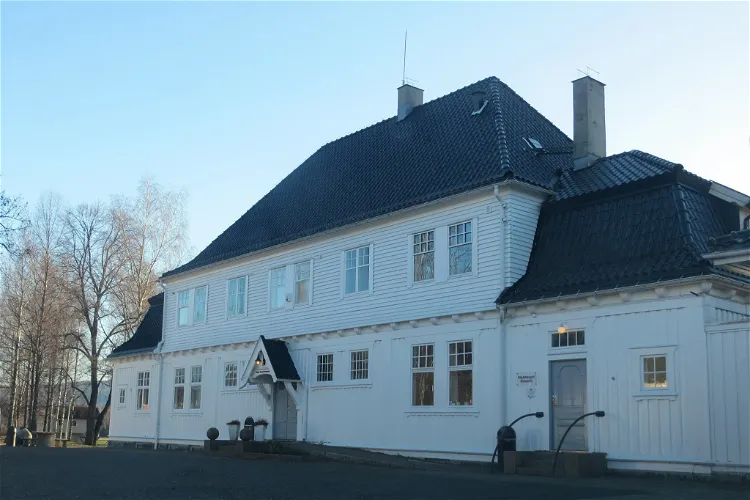
Nøstetangen Norwegian Glass Museum
HokksundThe Nøstetangen Norwegian Glass Museum is situated in Eiker Sorenskrivergården in Hokksund, in the Viken region. This location is easily accessible and offers a unique insight into the rich history of Norwegian glassmaking.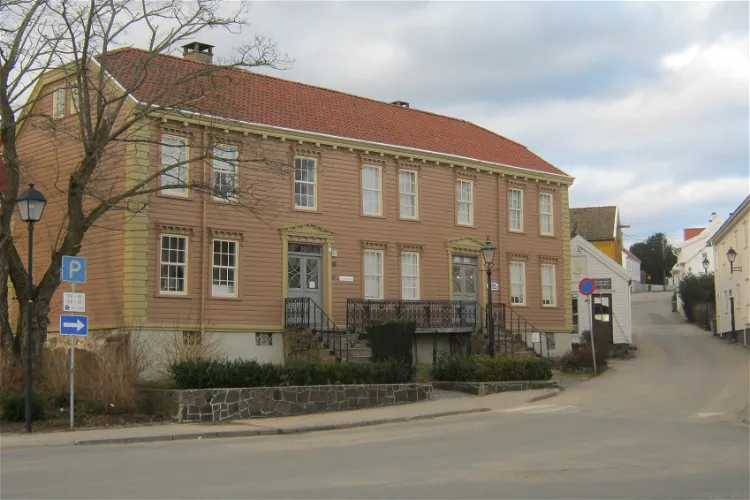
Lillesand Town- and Maritime Museum
LillesandThe Lillesand Town- and Maritime Museum is a cultural history museum situated in the town of Lillesand, in Agder county, Norway. It offers a deep dive into the rich cultural history of the region, making it an interesting destination for those who wish to learn more about the local history and culture.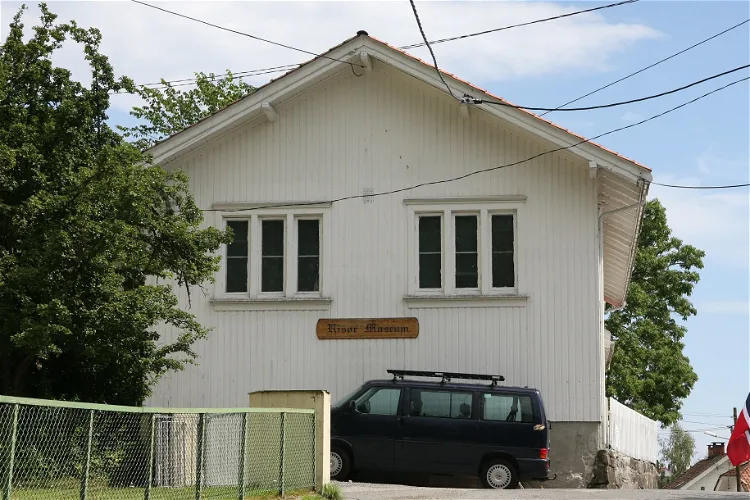
Risør Museum
RisørRisør Museum, located in the municipality of Risør in Aust-Agder county, is a former city museum. It was established around the year 1985.- 59
The Coastal Museum in Øygarden
OniThe Coastal Museum in Øygarden is a cultural-historical museum that showcases the coastal culture of Vestland. It is situated in the municipality of Øygarden, making it a significant cultural landmark in the region. 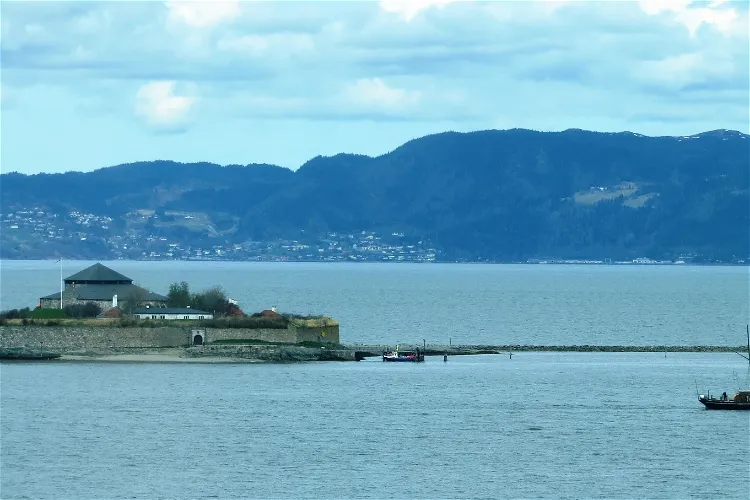
SDS Hansteen
TrondheimDS Hansteen is a historical sail-steamship that was constructed in 1866 at Nylands mechanical workshop. The ship was built for Norway's geographical survey, also known as NGO, and was named in honor of the then head of NGO, Professor Christopher Hansteen. This ship represents a significant part of Norway's maritime history and is a testament to the country's rich seafaring tradition.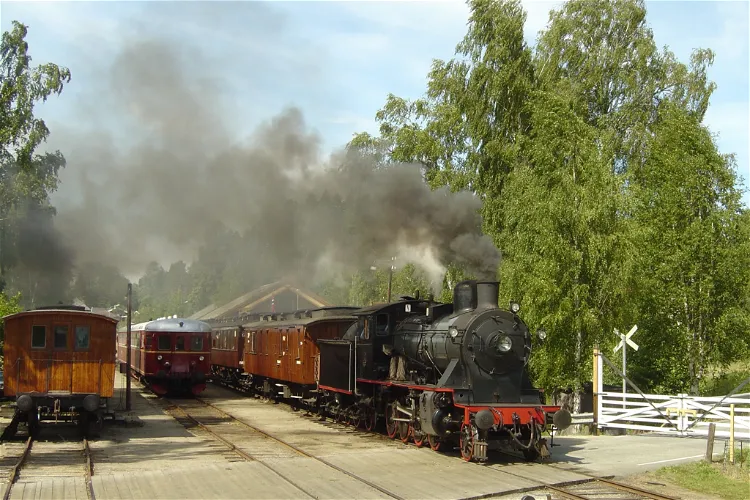
Krøderen Line
KrøderenIn 1985, the Storting, Norway's supreme legislature, decided to preserve the Krøderbanen and the Krøderen Station as a heritage railway. This decision was made to ensure the preservation of this historical railway line for future generations to appreciate and learn from.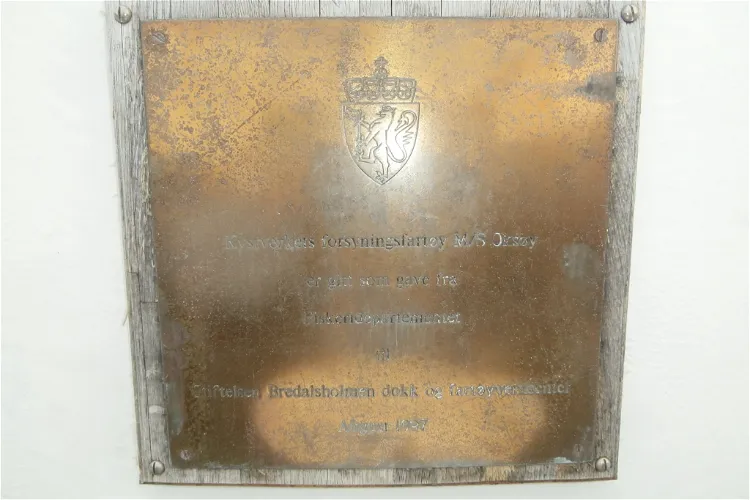
Bredalsholmen dokk og fartøyvernsenter
KristiansandThe Bredalsholmen Dock and Preservation Centre is located on the islet of Bredalsholmen. It is a national centre for the maintenance and repair of old vessels and museum ships. Visitors can learn about the history and preservation of maritime vessels, and see the restoration process of historic ships firsthand.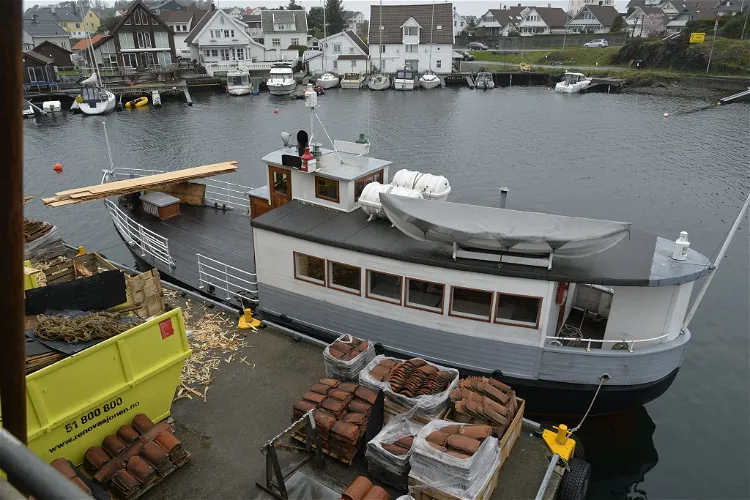
Engøyholmen Kystkultursenter
StavangerEngøyholmen Kystkultursenter is a foundation that was established in 1990. It is part of the Fortidsminneforeningen in Rogaland and is a member of the Forbundet KYSTEN. The foundation manages Engøyholmen, preserving its historical and cultural significance.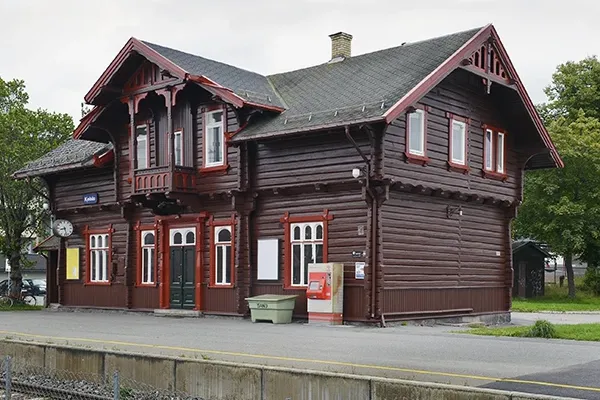
Norwegian Telecom Museum
OsloThe Norwegian Telecom Museum had a nationwide presence, with exhibitions and collections in several locations across the country. These locations included Oslo, Stavanger, Jeløy, Kristiansand, Lier, Lærdal, Lødingen, Sørvågen, Tromsø and Trondheim. This wide distribution allowed the museum to reach a larger audience and provide a more comprehensive view of Norway's telecommunications history.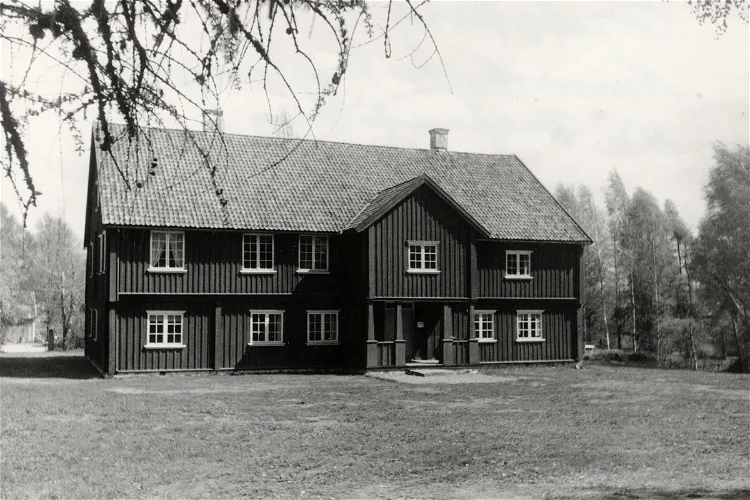
Folkenborg Museum
MysenThe Folkenborg Museum is an open-air museum situated in Folkenborg, Eidsberg near Mysen. It showcases a traditional Norwegian farmstead and a croft, providing visitors with a glimpse into the rural life of the past. During the summer months, the museum also houses farm animals, adding to the authenticity of the experience.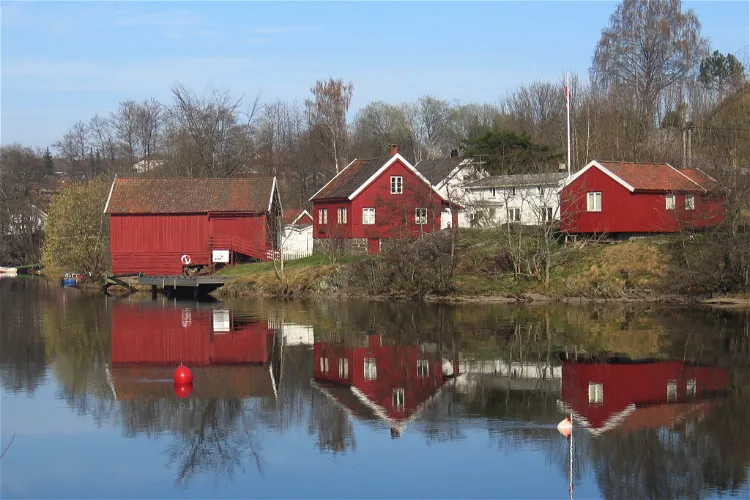
Bomsholmen Log Driving Museum
ArendalThe Bomsholmen Museum is a unique institution dedicated to the history and practice of river and log driving. It is situated by the Nidelva, at the lower end of the Arendal watercourse. This location is not only scenic but also historically significant, as it was a crucial site for log driving from the 17th century onwards.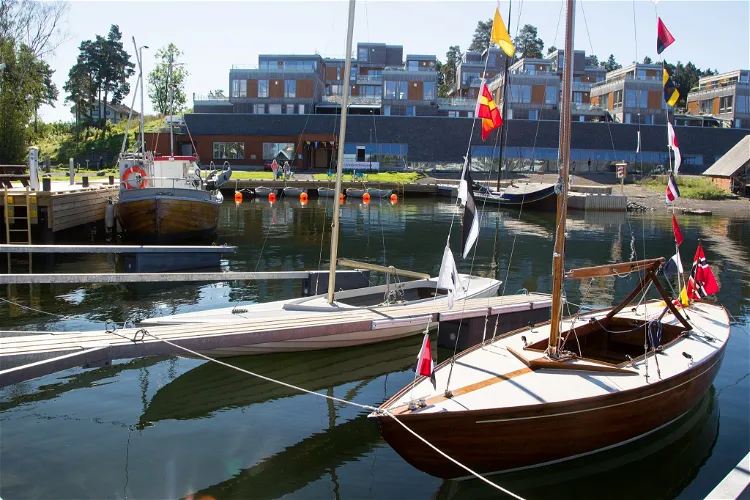
The Oslofjord Museum
VollenThe Oslofjord Museum, situated in Vollen in Asker municipality, is a coastal culture museum. It provides a unique insight into the coastal culture of the Inner Oslofjord, focusing on outdoor life and the use of leisure boats. The museum is a great place to learn about the maritime history and culture of the region.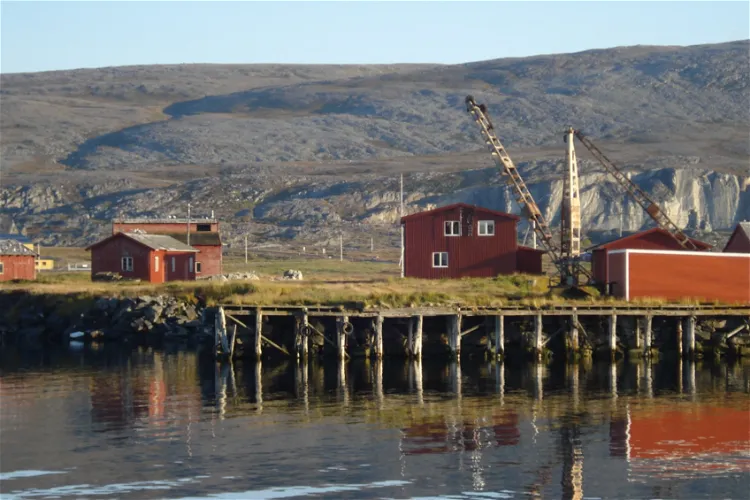
Berlevåg Harbor Museum
BerlevågThe Berlevåg Harbor Museum is situated in the town of Berlevåg, in the Finnmark region of Norway. It forms part of the Museums for Coastal Culture and Reconstruction in Finnmark and the Coastal Administration Museums. The museum is housed in the old premises of the State Harbor Authority, which were rebuilt after the burning down of Berlevåg in the autumn of 1944 during the German retreat.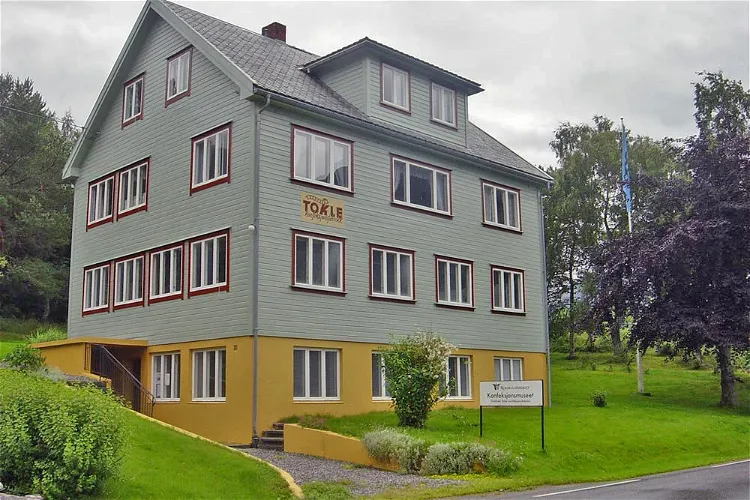
Konfeksjonsmuseet
IsfjordenThe Konfeksjonsmuseet, also known as Oddfred Tokles konfeksjonsfabrikk, is a museum located in Isfjorden in Rauma. It is part of the larger Romsdalsmuseet, providing visitors with a comprehensive understanding of the region's history and culture.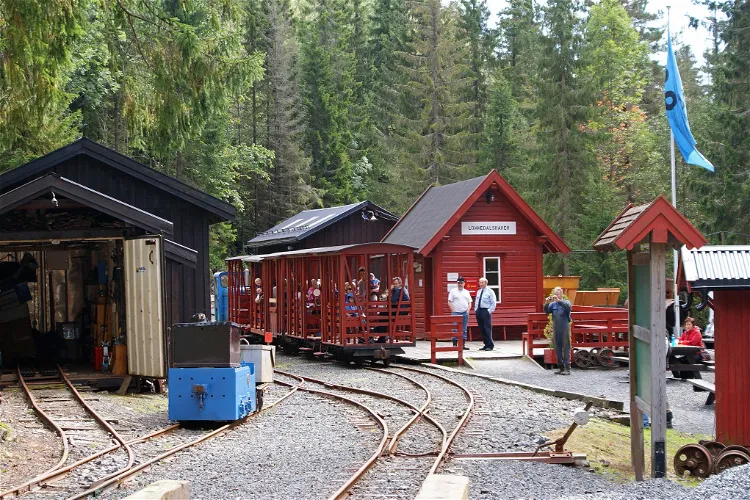
Lommedalsbanen
LommedalenLommedalsbanen is a museum railway located in Lommedalen, near Bærum in Norway. The railway is one kilometer long and operates on a narrow gauge of 600 mm. This unique feature makes it an interesting destination for railway enthusiasts and tourists alike.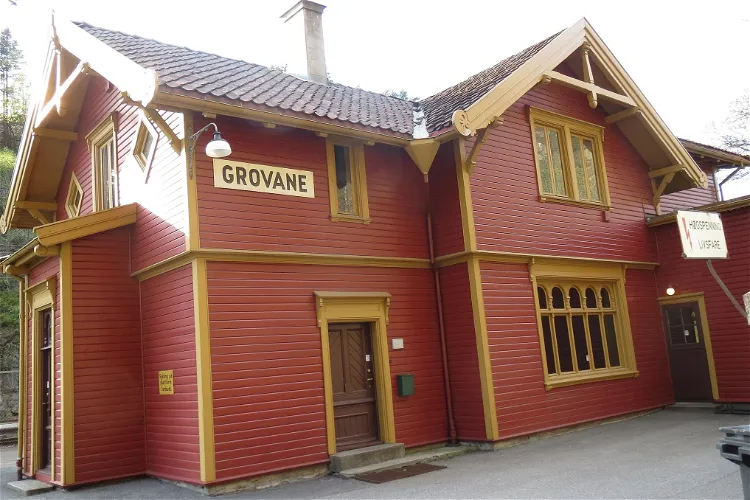
Setesdal Line
RøyknesIn 1938, the section of the Setesdalsbanen between Kristiansand and Grovane was converted to standard gauge to be incorporated into the Sørlandsbanen. The remaining part of the line was decommissioned in 1962. However, an 8 km stretch of the railway has been preserved and is currently functioning as a heritage railway.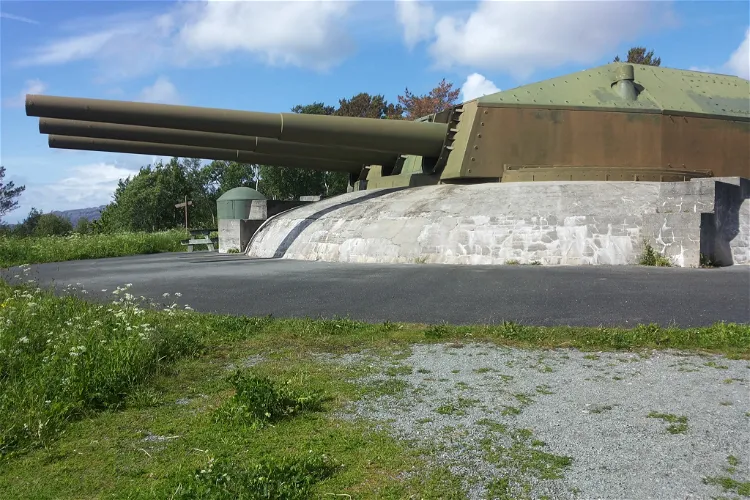
Austrått Fort
BrekstadAustrått Fort, located in Ørland, Norway, is a former coastal artillery site. It was built in 1942 by the German Wehrmacht during World War II to safeguard the Trondheimsfjord during the German occupation of Norway. Although it is no longer in use, it stands as a historical testament to the events of the war.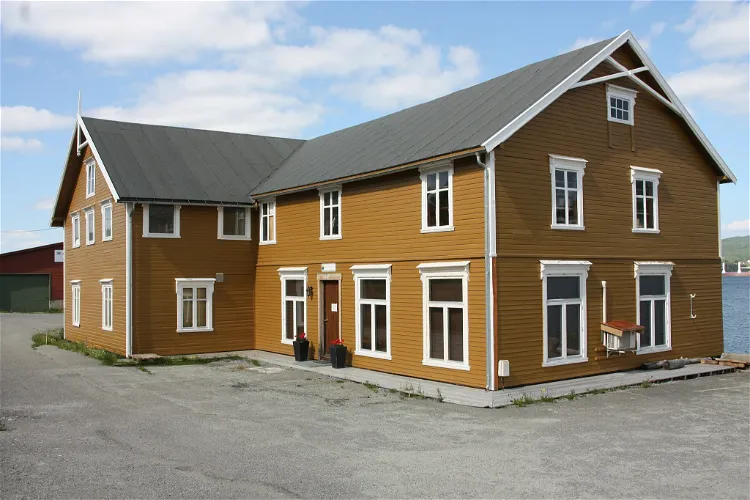
Kramvigbrygga
SørreisaKramvigbrygga, located in Sørreisa, is a former business establishment that has been transformed into a museum. It is now part of the Midt-Troms Museum, offering visitors a glimpse into the region's past.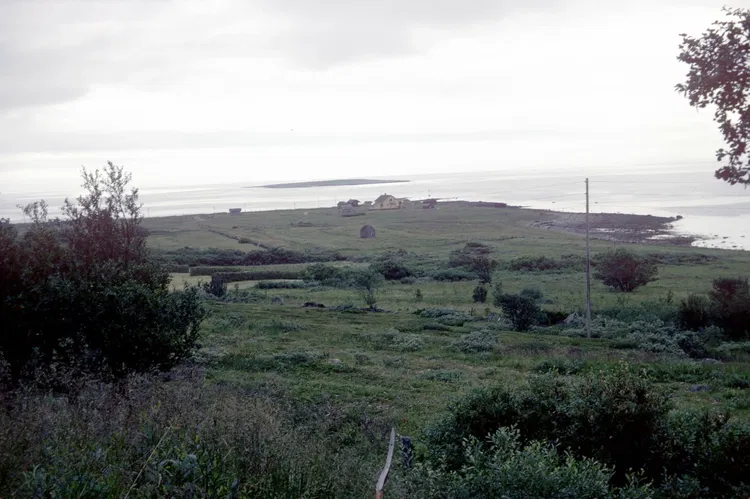
Vadsøya
VadsøVadsøya is a small island located in the county of Troms og Finnmark, on the coast of the Barents Sea. It is part of the municipality of Vadsø and is connected to the mainland by a bridge that branches off the European route 75 in the center of the town of Vadsø. The island is a significant part of the local history and culture, offering a unique insight into the region's past.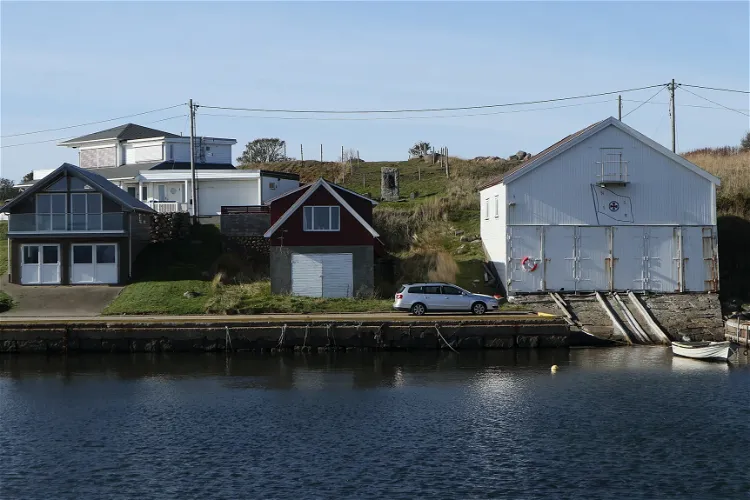
Lista Museum
VanseThe Lista Museum, formerly known as Listamuseet, is a multi-departmental museum located in various locations within the Farsund municipality in Agder county. It is part of the larger Vest-Agder Museum network, offering a diverse range of exhibits and historical insights.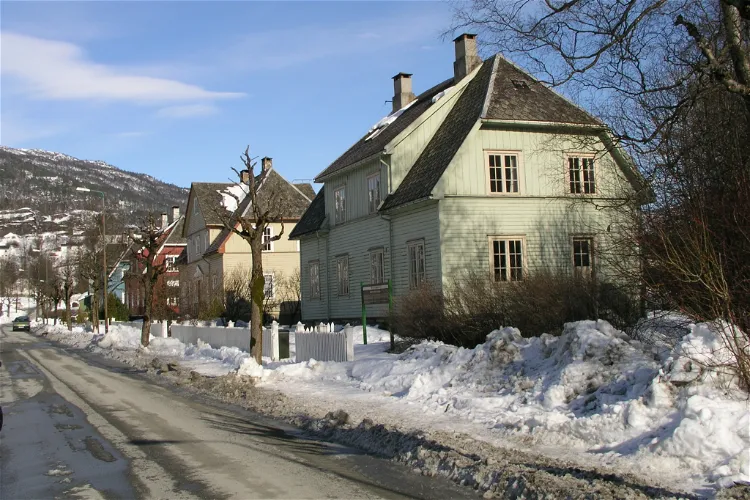
Industriarbeidarmuseet i Sauda
SaudaThe Industriarbeidarmuseet in Sauda is situated in Åbø-byen and is a part of the Ryfylkemuseet. This location provides a unique insight into the history of the industrial workers in the region. The museum is housed in a building that was constructed in 1917, making it one of the oldest worker residences in the area.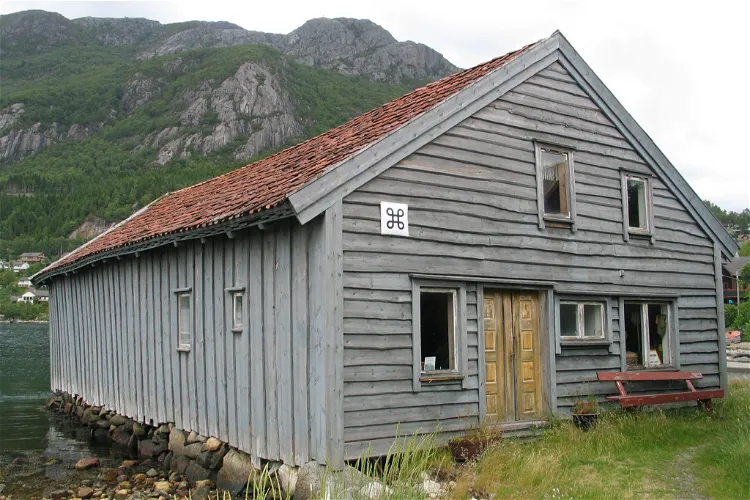
Sjøhuset i Bergevik
ForsandThe Sjøhuset i Bergevik is a museum located in the municipality of Forsand. It is part of the Ryfylkemuseum's area of operation, making it a significant part of the region's cultural heritage. Visitors to the museum can learn about the history of the area and its people, and gain insights into the traditional industries that shaped the local economy and way of life.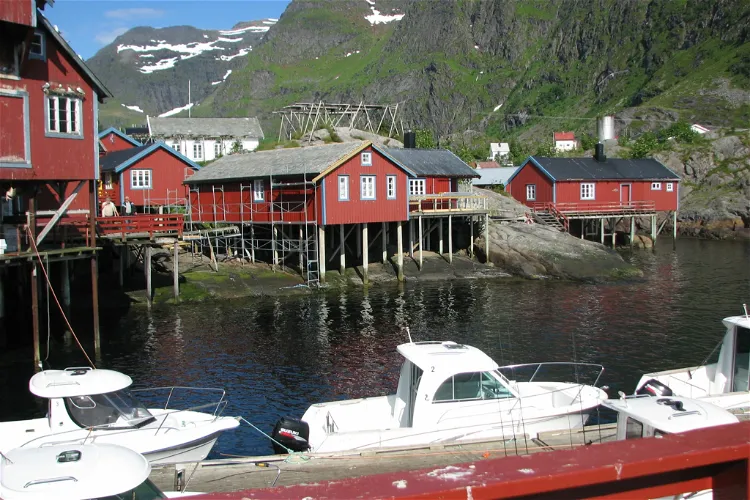
Norwegian Fishing Village Museum
ÅThe Norwegian Fishing Village Museum, also known as Norsk Fiskeværsmuseum, is located in the village of Å, within the municipality of Moskenes in the Lofoten region of northern Norway. The museum is dedicated to the history and culture of Norwegian fishing.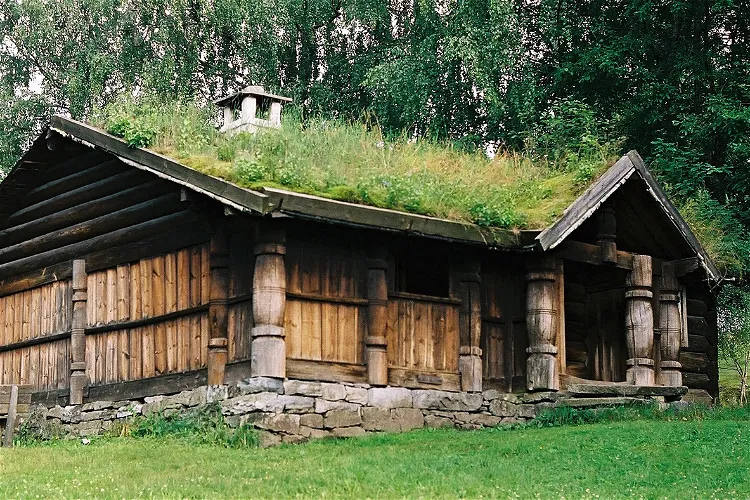
Lågendalsmuseet
KongsbergLågdalsmuseet is a district museum that serves the municipalities of Øvre Eiker, Kongsberg, Flesberg, Rollag, and Nore and Uvdal. It is conveniently located within walking distance from the city center of Kongsberg, making it easily accessible for tourists visiting the city.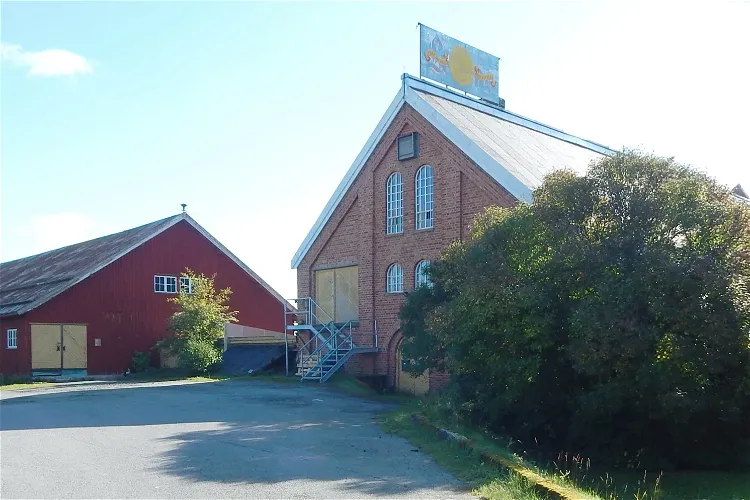
Løiten Brænderi
BrenneriroaLøiten Brænderi, established in 1855, has a rich history as a raw spirit distillery. It was in operation until 1995, making it a significant part of the local industry for over a century. Visitors can learn about the distillery's history and its role in the local economy during their visit.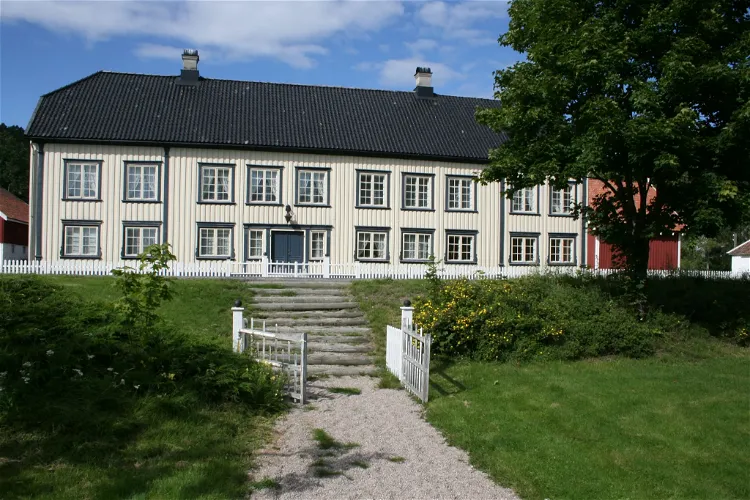
Frolands Verk Kultursenter
Frolands verkFroland Verk, located in the Froland municipality of Aust-Agder, is a cultural heritage site that played a significant role in Norway's industrial history. In the late 18th century, it was one of the country's ironworks, known for its extensive production of cannonballs and iron stoves. This historical significance makes it an interesting destination for tourists interested in industrial history and heritage.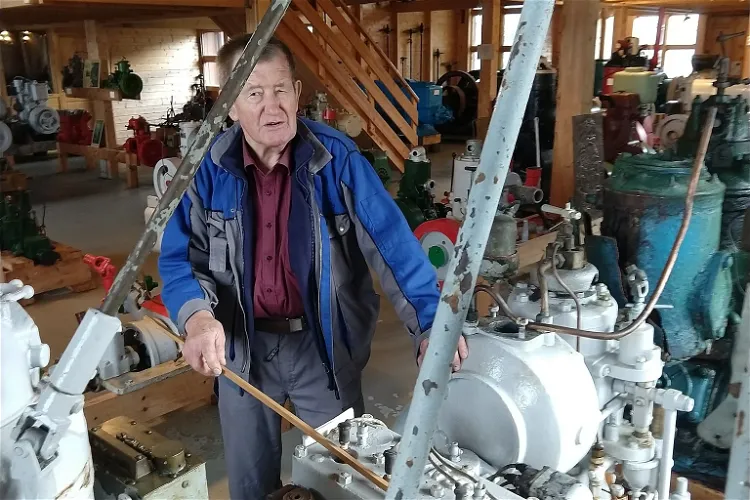
Kristianhus Båt- og Motormuseum
VikøyriKristianhus Båt- og Motormuseum is situated in Vikøyri, which is the center of Vik municipality. This location makes it easily accessible for tourists visiting the area. The museum offers a unique insight into the maritime and motor history of Norway.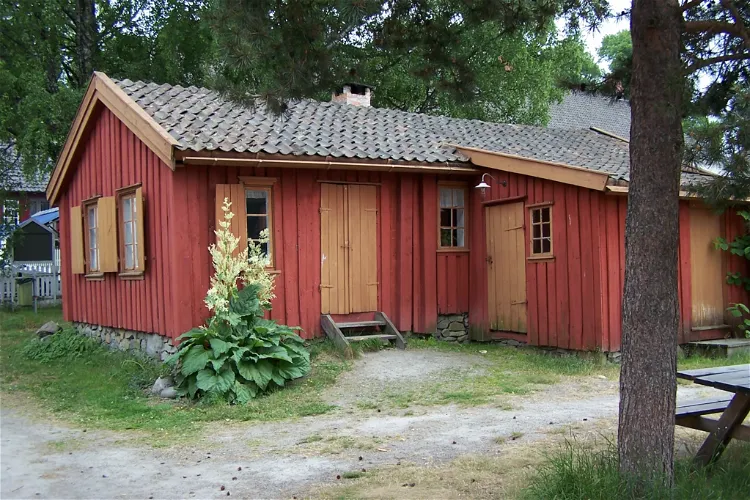
Son Kystkultursenter
SonOne of the primary objectives of Son Kystkultursenter is to amass a representative collection of southeast Norwegian wooden boats. This collection provides a unique insight into the maritime history and culture of the region, making it a point of interest for tourists.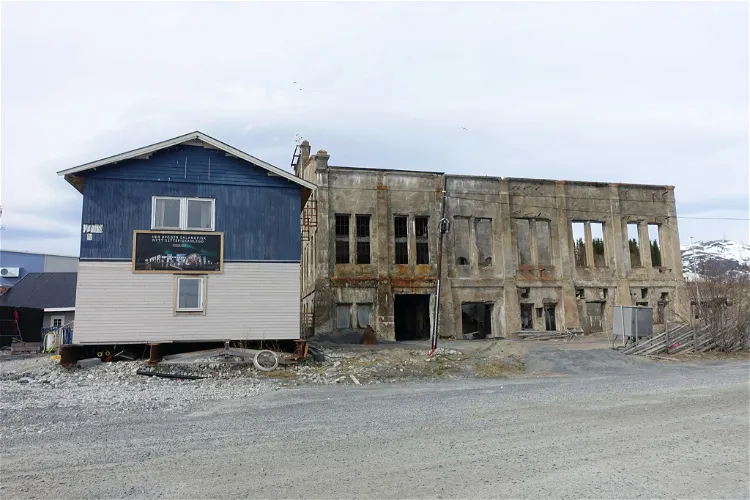
Salangsverket
MedbySalangsverket is a village and industrial site located in the Salangen Municipality in Troms, Norway. It offers a unique blend of natural beauty and industrial history, making it an interesting destination for tourists.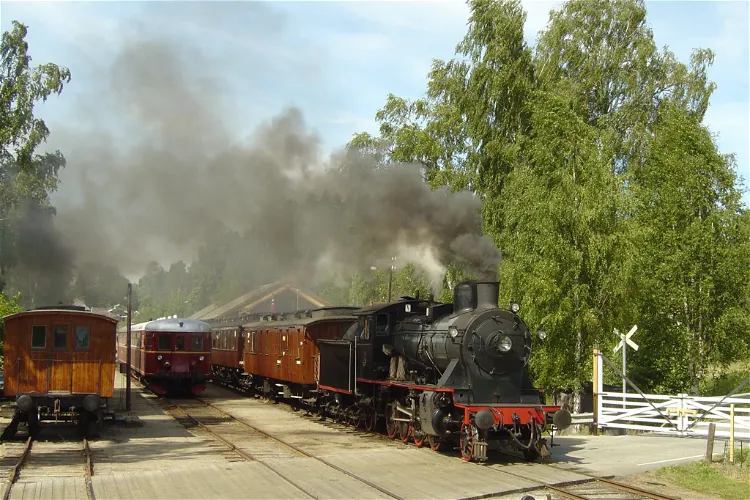
Krøderen Line
VikersundThe Krøderen Line is a heritage railway line that offers a unique journey from the town of Vikersund to the Krøderen lake in Viken county, Norway. This 26-kilometre line, built in 1872, provides a historical perspective of the Norwegian State Railways. Although passenger services were withdrawn in 1958, and freight traffic in 1985, the Krøderen Line Foundation and the Norwegian Railway Club have been operating steam train services on the line from May to October since 2011.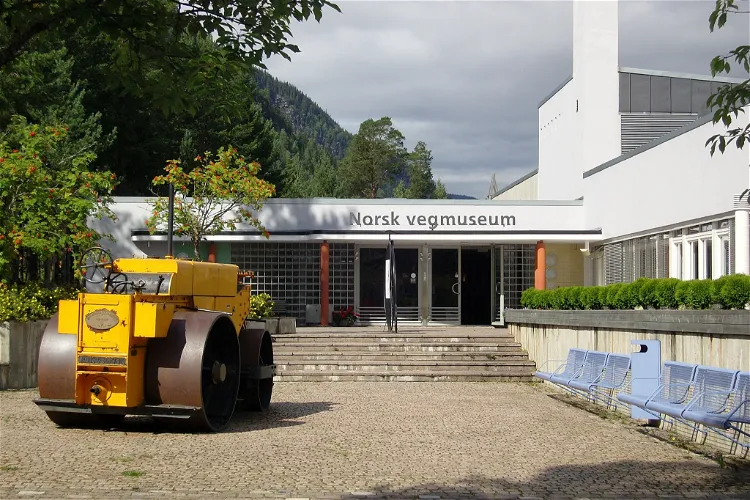
Norwegian Road Museum
FåbergThe Norwegian Road Museum, or Norsk vegmuseum, is one of the largest technical industrial museums in Norway. It boasts about 4000 square meters of indoor exhibitions, a large museum park, and a unique feature - a more than 200-meter-long mountain tunnel. This tunnel is believed to be the only one in the world that was blasted for museum purposes.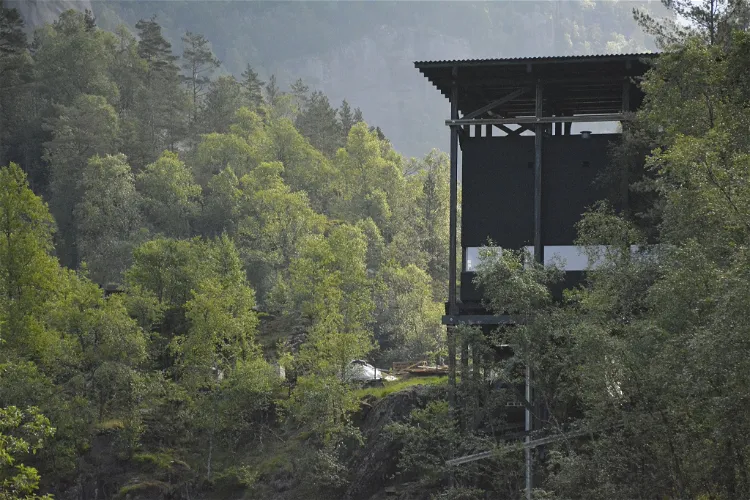
Allmannajuvet
StorliAllmannajuvet is a ravine or canyon situated along the river Storelva in the municipality of Sauda in Rogaland county, Norway. This natural attraction is nestled in a rural, forested area and offers a unique blend of natural beauty and historical significance. It's a great place for those who enjoy outdoor activities and want to learn more about Norway's mining history.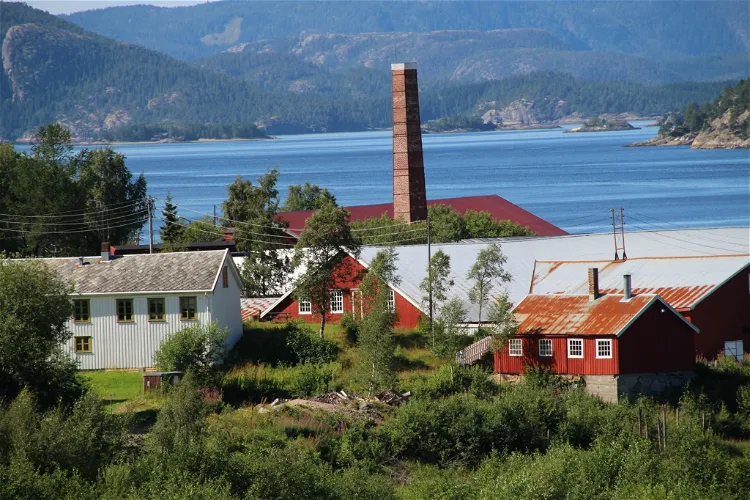
Norwegian Sawmill Museum
SpillumThe Norwegian Sawmill Museum is situated in the town of Spillum, which is located to the south of Namsos in Norway. This location is easily accessible and offers a unique insight into the country's industrial history.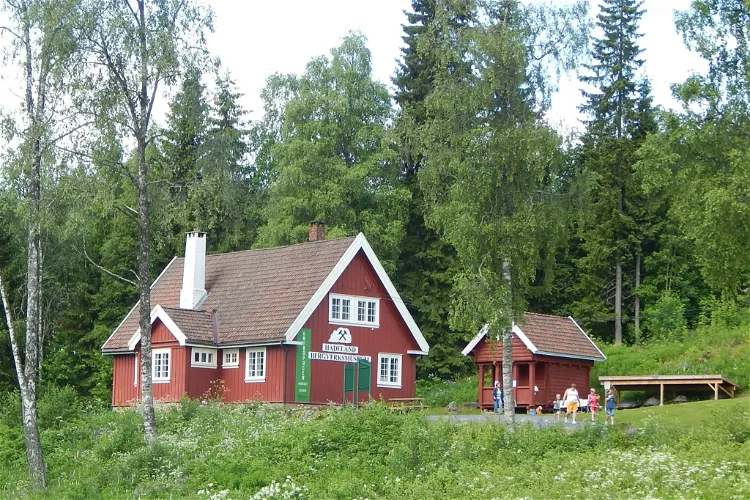
Hadeland Bergverksmuseum
GruaThe Hadeland Bergverksmuseum, located in Lunner, Viken, is a part of the Randsfjordmuseet. The museum's primary focus is on geology and the history of mining. It is housed in the farmhouse of the now-defunct small farm, Bråten, in Grua. The museum exhibits various rocks, minerals, and fossils from the mines in Grua and the surrounding region. It also displays numerous objects, documents, and photographs from the mining operations in Grua.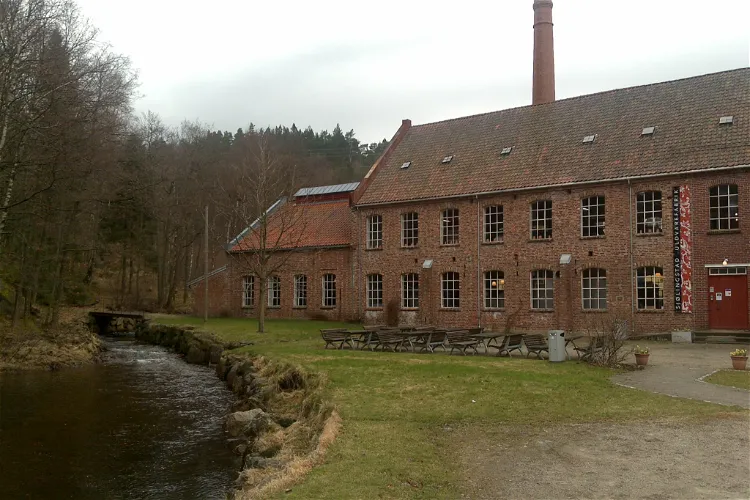
Sjølingstad Uldvarefabrik
SjølingstadSjølingstad Uldvarefabrik is a historical wool factory that dates back to 1894. It is situated in the Lindesnes municipality, approximately eight kilometers west of Mandal. This location offers a unique insight into the industrial history of the region and provides an opportunity to explore the beautiful surroundings of the Lindesnes area.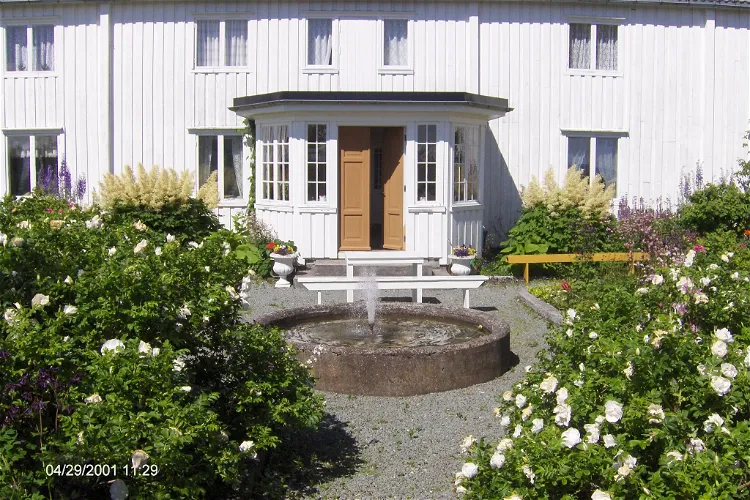
Uthaugsgården
UthaugUthaugsgården is a cultural history museum located in Uthaug, Ørland. The museum was established in 1990 and offers a glimpse into the region's rich history and heritage. It is housed in a well-preserved farm complex dating back to 1740, providing visitors with an authentic experience of the past.- 92
National Museum of Medicine
OsloThe museum contains lots of documents, equipment, photographs, books and pictures documenting the development of modern medicine. - 93
Tana museum
PolmakThe Tana museum, situated in Polmak in the Tana municipality, is a cultural institution that emphasizes the River Sami culture in the Tana Valley. The museum was established in 1985 when the municipality purchased the Polmak guesthouse to operate the museum. The River Sami culture, as defined by the museum, is a culture that originates from a distinctive livelihood closely tied to fishing, wilderness, and agriculture. 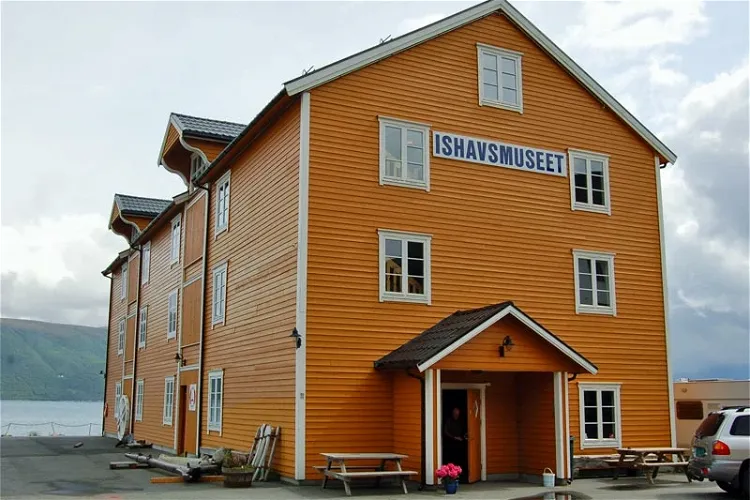
Ishavsmuseet Aarvak
BrandalThe Arctic Sea Museum Aarvak, also known as Ishavsmuseet Aarvak, is situated in the town of Brandal on the West Norwegian island of Hareidlandet. This location offers a unique opportunity for visitors to explore the rich history and culture of the region while enjoying the natural beauty of the surrounding landscape.- 95
Konnerudgruvene
DrammenKonnerudgruvene, located in Konnerud in Drammen, is a set of mines where silver, lead, and copper were historically extracted. In addition to these, some bismuth, arsenic, and cobalt were also found. This rich history of mining makes it an interesting destination for those interested in geology and mining history. - 96
The Children's Museum
FinnsnesThe Midt-Troms Museum is open throughout the year, making it a great destination for tourists regardless of the season. It offers permanent exhibitions that provide a deep dive into the region's natural history. Additionally, the museum also hosts various walking and theme exhibitions that change periodically, offering something new for repeat visitors. - 97
Fauske Folk Museum
FauskeThe Fauske Folk Museum, known as Fauske bygdetun in Norwegian, is a cultural history museum located in Fauske, Nordland. Since 2002, it has been part of the consolidated Nordlandsmuseet, a network of 18 museums spread across Nordland county. The museum offers a deep dive into the cultural history of the region, making it a significant destination for those interested in understanding the local heritage. - 98
Dalane Folkemuseum
EgersundThe Egersund Fayancemuseum, a part of the Dalane Folkemuseum, is a significant historical site that showcases artifacts produced by A/S Egersunds Fayancefabriks Co. /Egersunds Potteri from 1847 to 1979. These artifacts reflect the rich history and craftsmanship of the period, providing a unique insight into the cultural and artistic trends of the time. - 99
Bragdøya Kystkultursenter
KristiansandThe Bragdøya Kystlag is a local branch of the Federation KYSTEN and has undertaken the restoration of old sea warehouses at the pier on Bragdøya. This island is nestled between Odderøya and Andøya. The restored sea warehouses offer a glimpse into the region's maritime past, making it a fascinating spot for tourists interested in maritime history and architecture. - 100
Berger museum
BergerThe Berger museum is situated on the boundary between the municipalities of Sande and Svelvik. This location offers visitors a unique opportunity to explore the rich history of these areas while visiting the museum. - 101
Risør coastal heritage centre
MoenThe Risør Coastal Heritage Centre has a significant role in preserving the maritime history of the Risør municipality. Its main objective is to collect, disseminate, and preserve the municipality's boat and shipbuilding history. The focus is particularly on the boatyards in Moen, which have a rich history of their own. This makes the centre a fascinating place for tourists interested in maritime history and shipbuilding. - 102
Lund District Museum and Culture Bank
MoiLund Bygdemuseum og Kulturbank, situated at Lund Prestegård, is conveniently located about 300 meters along county road 1, south of Moi center. This location makes it easily accessible for tourists visiting the area. - 103
Vitengarden
NærbøVitengarden, situated in Kvia near the town of Nærbø in Hå municipality, is a museum and science center that opened its doors in 1995. Since 2002, it has been a part of the Jærmuseet. - 104
Eidsfoss Ironworks Museum
EidsfossThe Eidsfoss Ironworks Museum is currently digitizing its collection of cast iron stoves and other historical items from the ironworks. This process involves cleaning, describing, and gathering as much background information as possible about each item. The goal is to provide visitors with better information about the exhibits and eventually make the collection available online. - 105
Slemmestad Cement Museum
SlemmestadThe Cementmuseet, or Cement Museum, is a Norwegian museum situated in the town of Slemmestad, within the Asker municipality. This location is easily accessible and offers a unique insight into the history of cement production in Norway. - 106
Hemmestad brygge
HemmestadHemmestad brygge is a museum complex located in the Kvæfjord area. It provides a comprehensive display of the region's fishing, agricultural, and trade history. This museum is a great place for tourists who are interested in learning about the local history and culture. - 107
Ballangen museum
BallangenThe Ballangen Museum is a part of Museum Nord, a Norwegian museum consortium. This affiliation provides the museum with a wealth of resources and expertise, ensuring that visitors are treated to a high-quality, informative experience. The museum's location in the village of Bjørkåsen in the municipality of Ballangen makes it easily accessible for tourists. - 108
Måsøy museum
HavøysundThe Måsøy museum is situated in Havøysund, which is the municipal center of Måsøy municipality in Finnmark. This location is easily accessible and provides a great opportunity for tourists to explore the rich history and culture of the region. - 109
Geitbåtmuseet
EnganGeitbåtmuseet is situated in the scenic location of Halsa, more specifically in Valsøyfjord on Engan. This location is easily accessible and offers a unique cultural experience for tourists. - 110
Kystmuseet i Sør-Trøndelag
FillanThe Kystmuseet i Sør-Trøndelag is a museum located in Fillan on the island of Hitra. It is part of the Museums in Sør-Trøndelag, a network of museums that cover various aspects of the region's history and culture. - 111
Furniture Museum
SykkylvenThe Møbelmuseet, previously known as the Norsk Møbelfaglig Senter (NMFS), is a museum and documentation center dedicated to the furniture industry in Norway. It is situated in the municipality of Sykkylven. The institution provides a comprehensive insight into the history and development of the Norwegian furniture industry, making it a valuable destination for those interested in design, history, and industry.